Text: Juliane Gringer
Photos: Bernd Rhein, BPW India
India’s economy is flourishing with remarkable growth rates. The requirements for transport and logistics are also growing in line with this. Kamal, one of India’s largest manufacturers of tipper vehicles, has now installed BPW air suspension in its first tipper. The technology offers many advantages, in particular given the harsh conditions on the country’s roads.
When BPW technical customer advisor Bernd Rhein travelled to India for the first time six years ago, a large advertisement in the arrivals hall at New Delhi’s airport welcomed him to ‘Incredible India’. ‘When I arrived, I only noticed the slogan in passing. But when I flew back, it caught my eye again and I thought to myself that it describes this country perfectly. You can hardly imagine how much there is to see there.’ Rhein found India to be a country of great contrasts: ‘There is extreme poverty there and at the same time great wealth. It is a wonderful country with breathtaking nature and fascinating people. Many of them really value aesthetics and they wear very colourful clothes, for example.’ India is a country on the up. In 2018, the economy grew by 7.05 per cent compared to the previous year – more than in China or any other national economy. Between 2008 and 2018, the real gross domestic product grew by 7.6 per cent. Experts are forecasting the same growth figure for the period until 2023 – which is half the time. The need for transport and logistics services is correspondingly high and is also continuing to rise. Commercial vehicle sales in India did see a clear decline in early summer, but the BPW subsidiary BPW India is continuing to grow contrary to this trend.
Number of commercial vehicles produced in India in fiscal year 2008/2009
Number of commercial vehicles produced in India in fiscal year 2018/2019
Source: International Monetary Fund, World Economic Outlook Database 2018, Statista 2018 & SIAM India, Statista 2019
Discussing application scenarios
In spring 2019, Bernd Rhein travelled to India again – this time to join Nagaraj Ubale and Rajiv Bhagat from BPW India to look at vehicles belonging to the customer Kamal around 300 kilometres south-west of Jaipur. The major Indian manufacturer of tipper vehicles has fitted out its first semi-trailer with BPW air suspension and is using it to transport construction materials. The team wanted some specialist advice from the expert from Germany. ‘Stability is massively important for tippers,’ explains Bernd Rhein. ‘We discussed several solutions with the design engineers for their application scenarios, like those we use in Europe – for example lowering the air suspension level before tipping.’
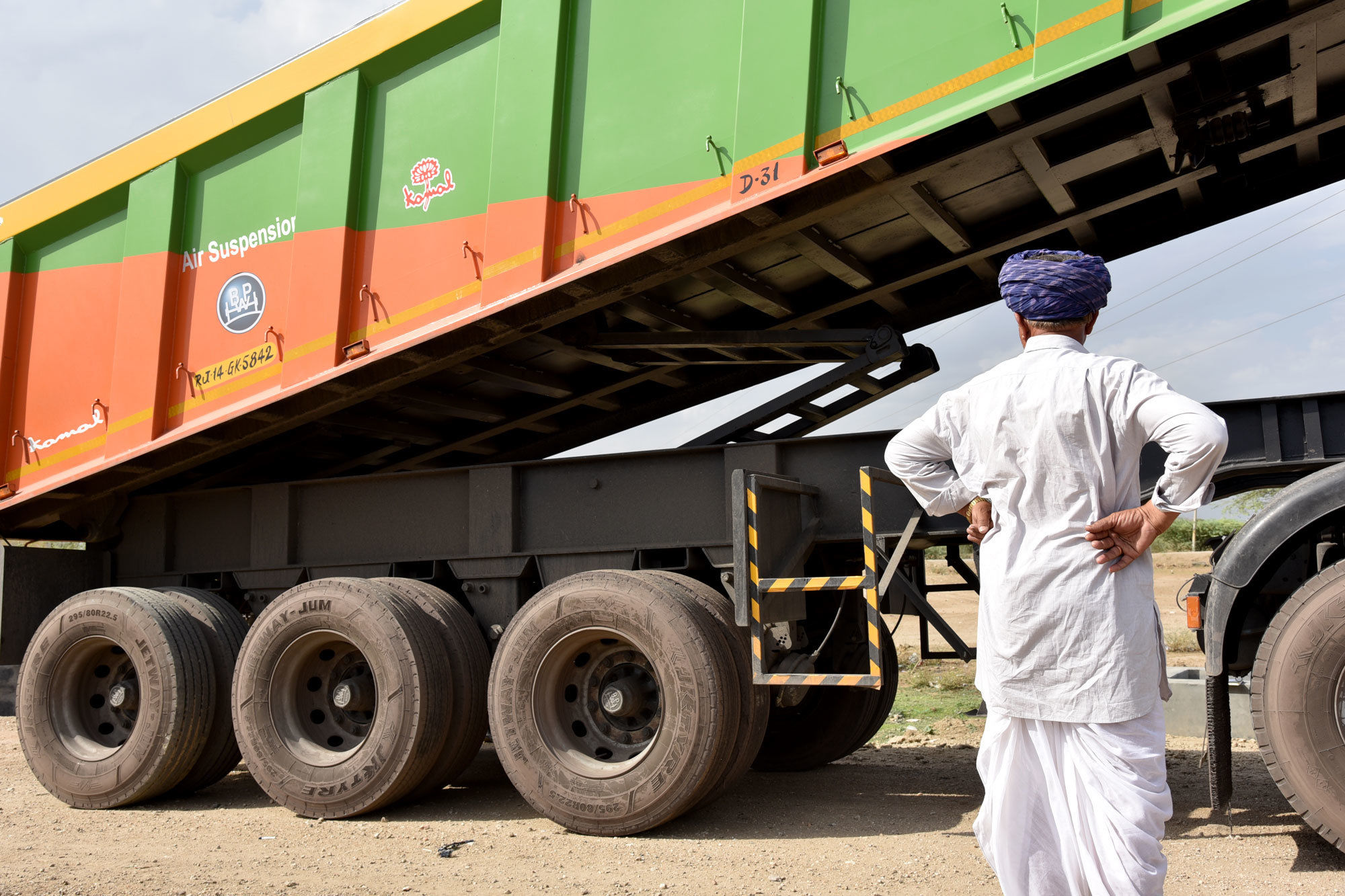
Nagaraj Ubale said that the support from Germany was very helpful: ‘It is helpful to have BPW Wiehl on hand with their extensive experience. This communication can only be beneficial for us and our customers.’ Rajiv Bhagat added: ‘We want our customers to have the optimum benefit from the BPW products and so we provide them with very intensive support. Our road network in India covers 4.7 million kilometres – which makes it the second biggest in the world after the USA. However, many roads are not in a good condition and a lot of investment is still needed. It is therefore all the more important that transport companies can use high-quality vehicles.’
Close to customers
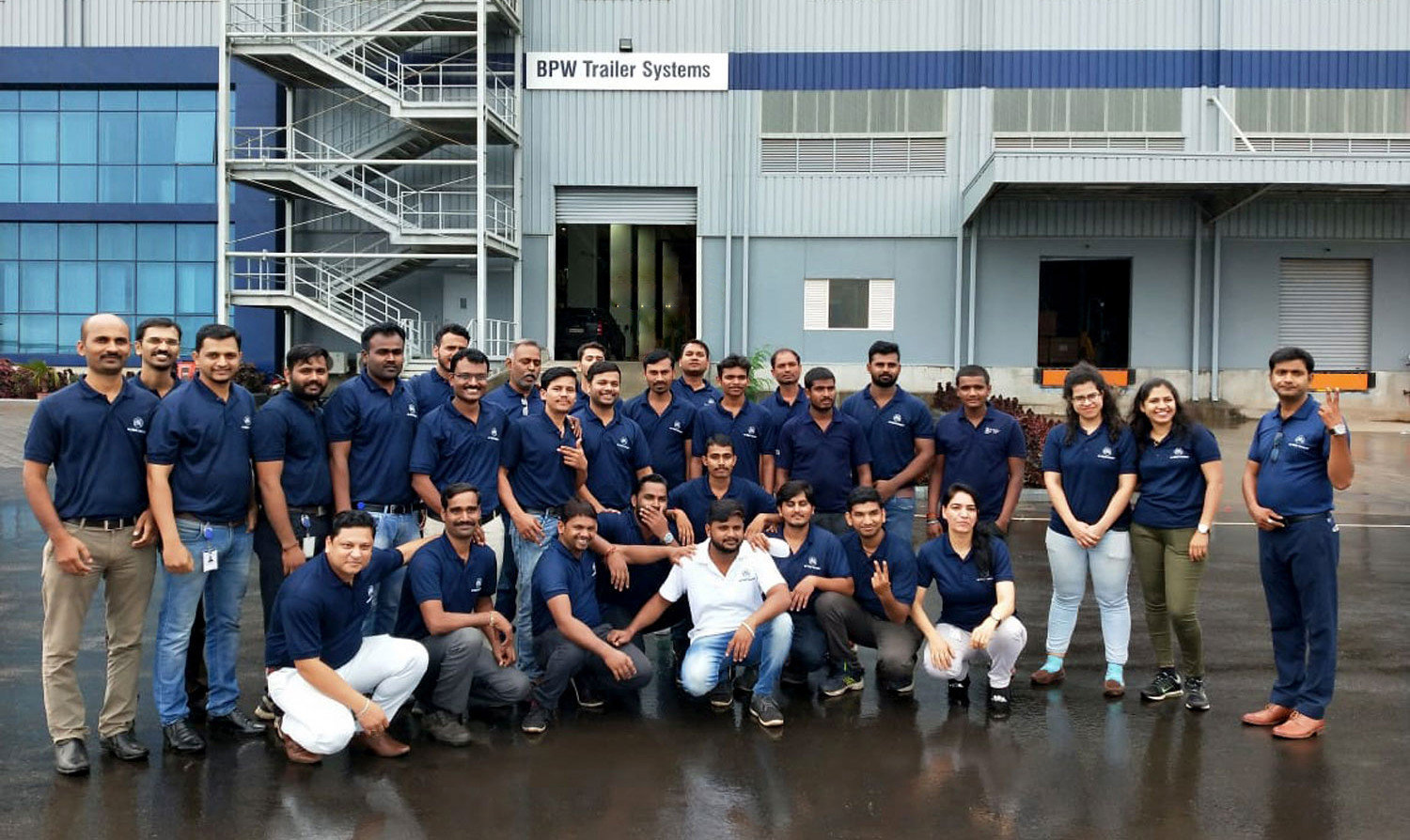
The highly trained team at BPW India represents European running gear technology.
Long-term cooperation
The technical customer advisor sees that there are many foundations in place for economic certainty and development in India. India’s prime minister Narendra Modi is partly responsible for the upturn as he has given transport high priority. The Golden Quadrilateral between New Delhi in the north, Mumbai in the west, Chennai in the south-east and Kolkata in the north-east is being bolstered with freight corridors. Modi has also introduced a standardised VAT system that facilitates trade. Nevertheless, there continue to be many problems: the cities are congested and newly built roads tend to be of a rather low quality and do not withstand the burden of the intense traffic for long. ‘That’s why there are very modern weighing facilities on the motorways, like at German toll stations,’ says Bernd Rhein. ‘Anyone who wants to drive on the motorway needs to take their vehicle through the scales and will be stopped immediately if they are overloaded.’
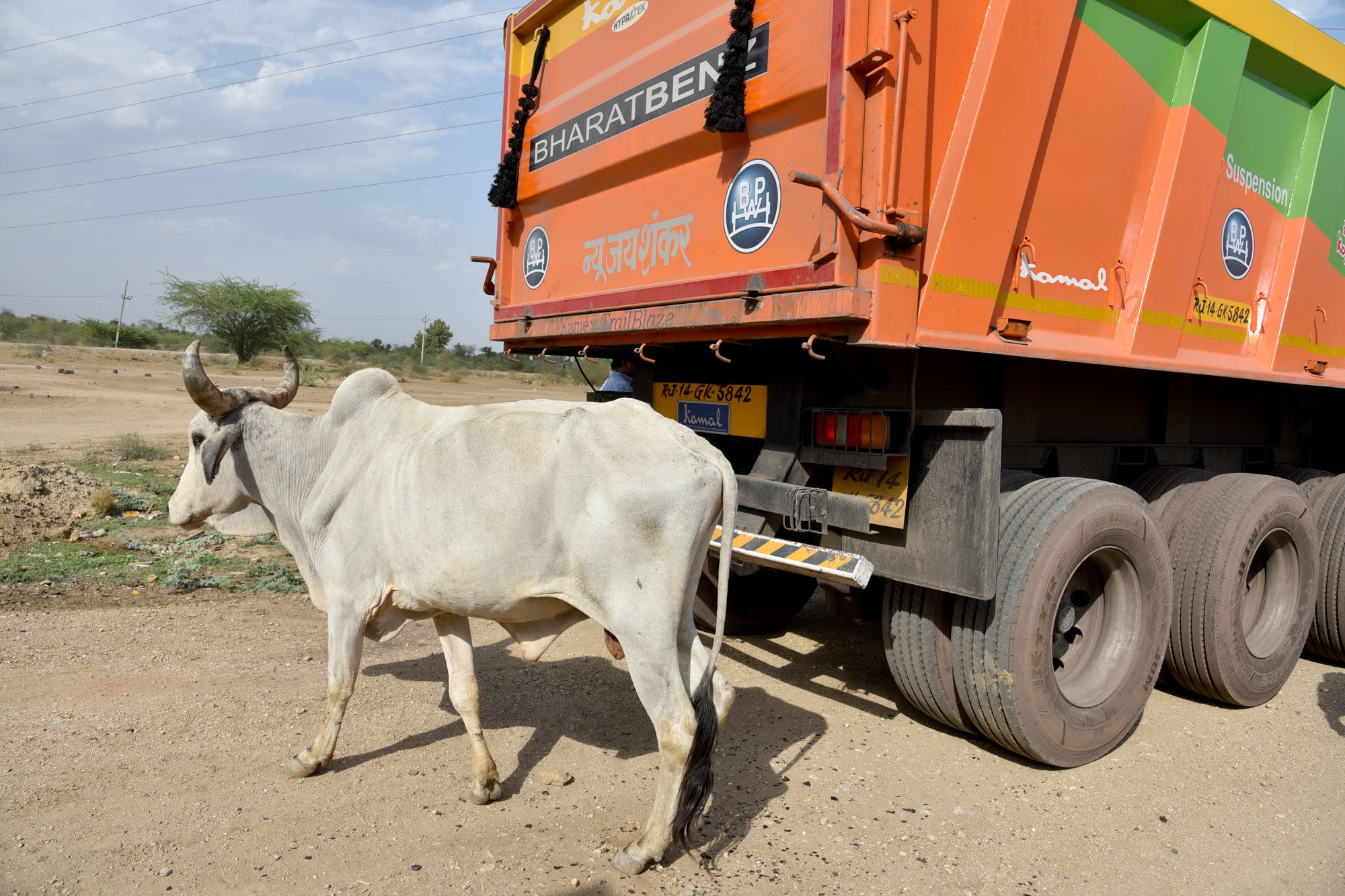
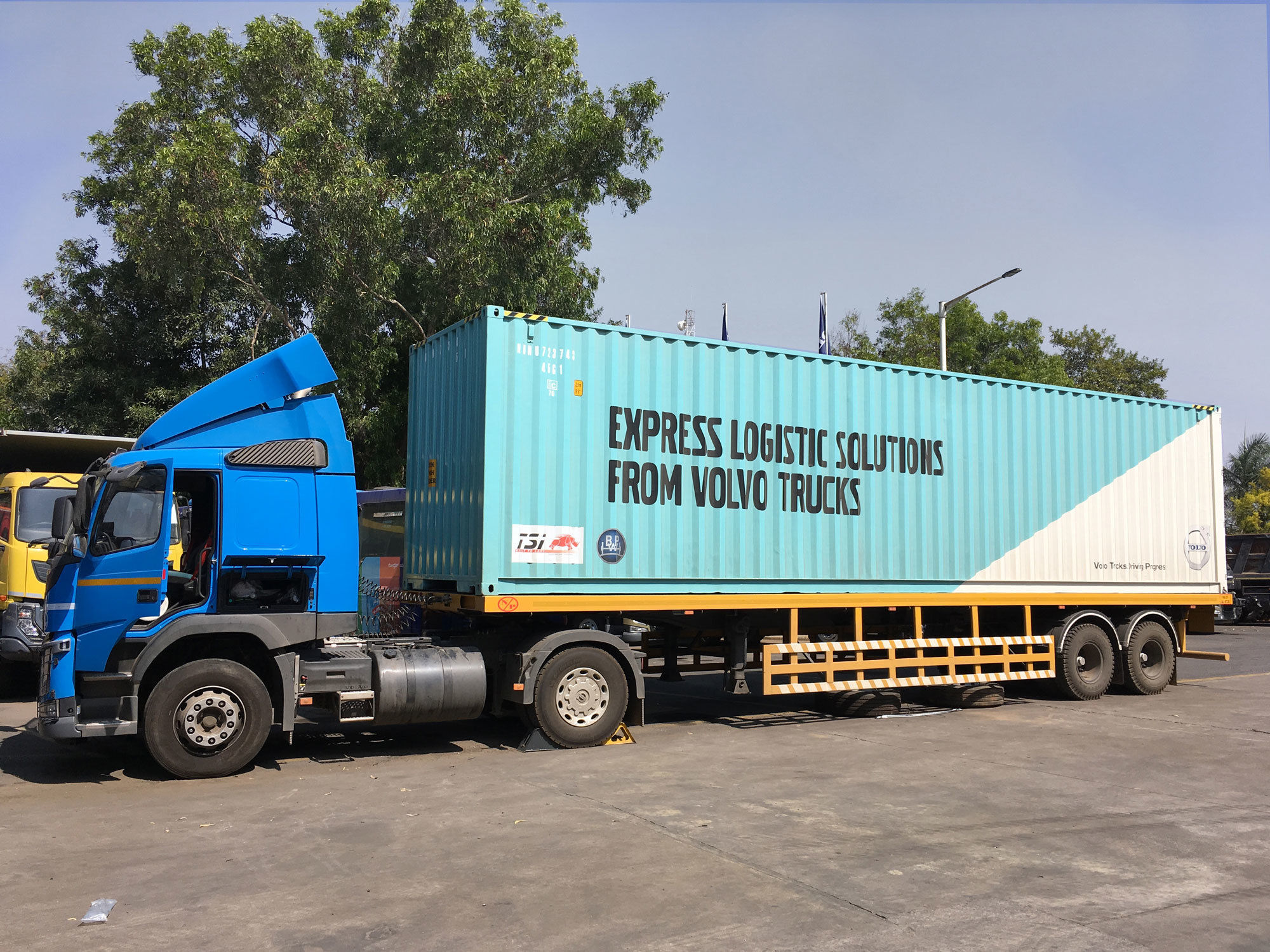
Road conditions in India are often a challenge for transport companies – more and more are therefore relying on the particularly robust and durable products from BPW for their vehicles’ components.
Ready for any applications and any transport
Sturdy, durable vehicles are in demand in India. Air suspension in particular can provide many advantages here compared to mechanical suspension systems: it offers a more comfortable drive and greater safety for the cargo, vehicle and driver in all loading situations, thanks in part to load-dependent suspension characteristics. ‘With a mechanical suspension system, the leaf springs only bend when the load is high enough – when the vehicle is empty, it is not only very noisy to drive but the vehicle and road are also much more prone to damage,’ explains Bernd Rhein. The ride height of the BPW air suspension can be adjusted for easy loading and unloading and the suspension can be combined cost-effectively with one or more axle lifts. Electronic functions such as control of the ride height or the axle lifts are also easy to integrate. The dynamic wheel loads are low, which provides increased road safety, as the suspension ensures contact with the ground even with difficult road conditions and on bends. Large compensation travel makes it possible to have suspension with up to six axles and the modular axle unit structure allows for different wheel bases. The tyres are protected with better brake load compensation and the straightforward implementation of the load-dependent brake. ‘The fact that the air suspension requires no maintenance is particularly beneficial for use in countries like India,’ says Bernd Rhein. ‘It is also road-friendly, very quiet during operation and therefore ready for any application and any transport.’

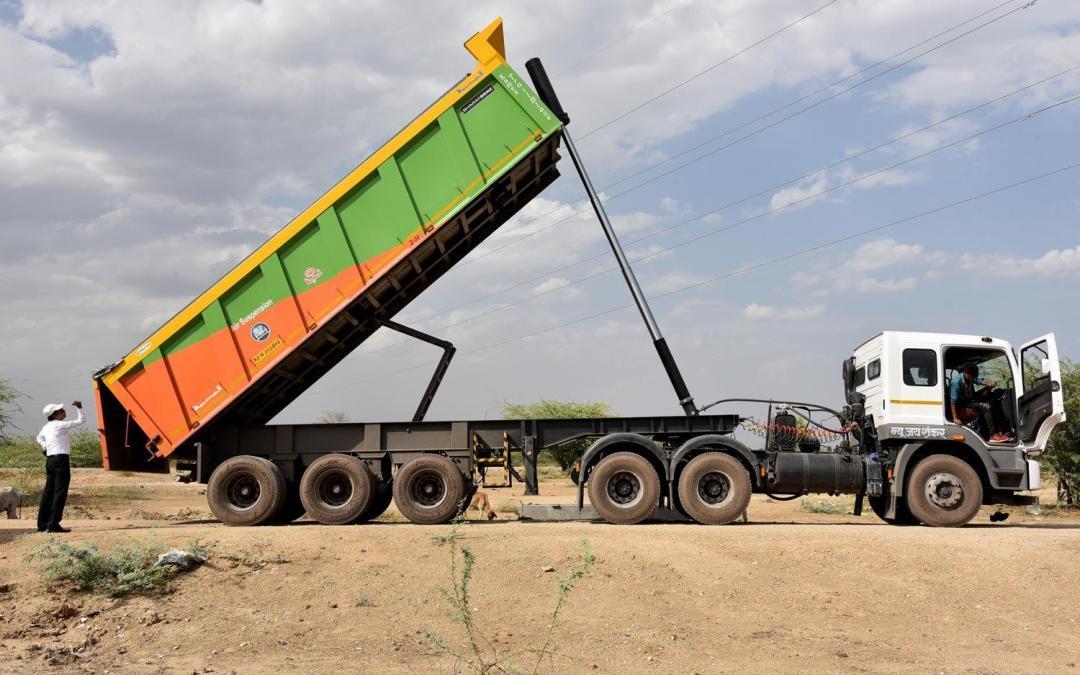
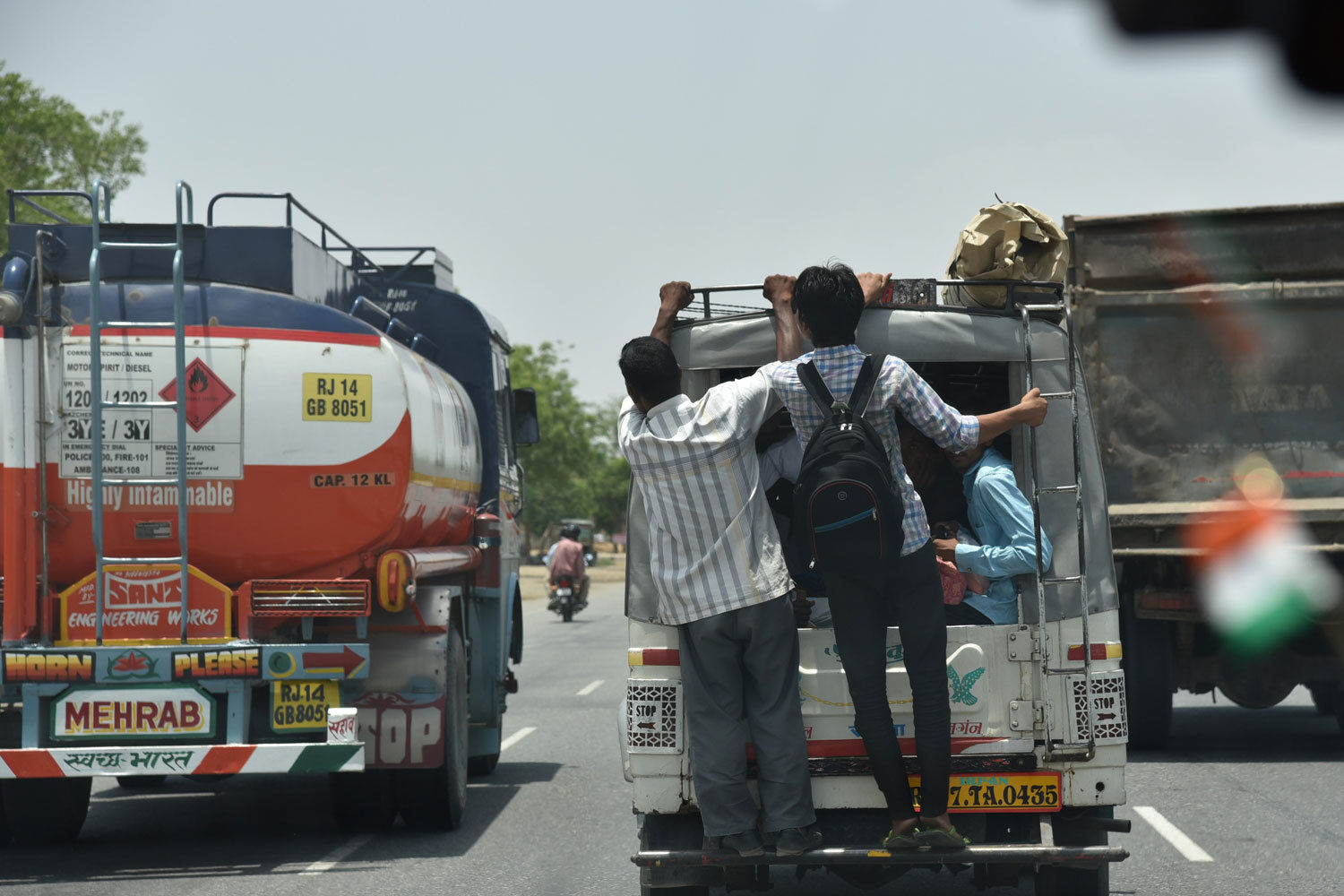
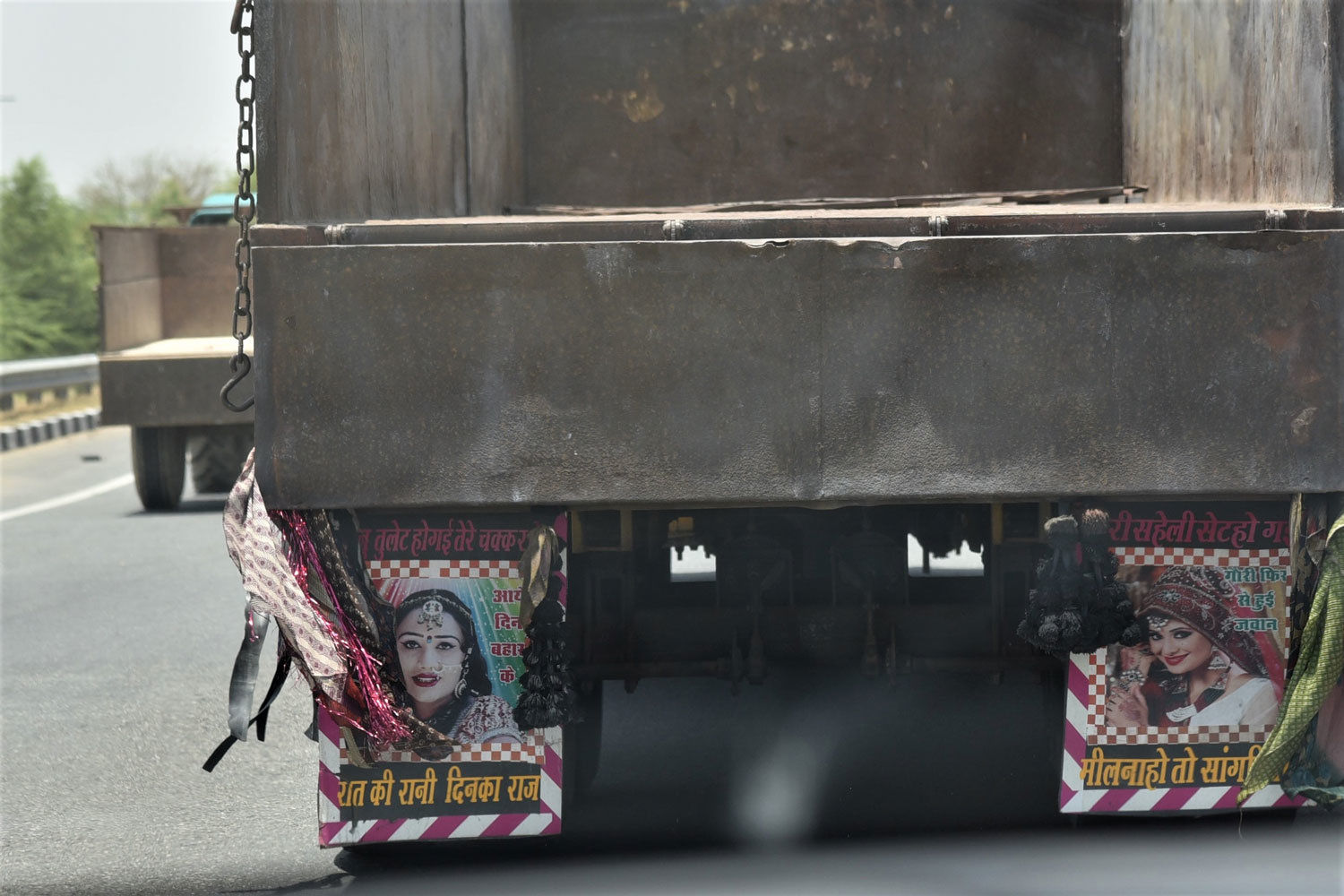
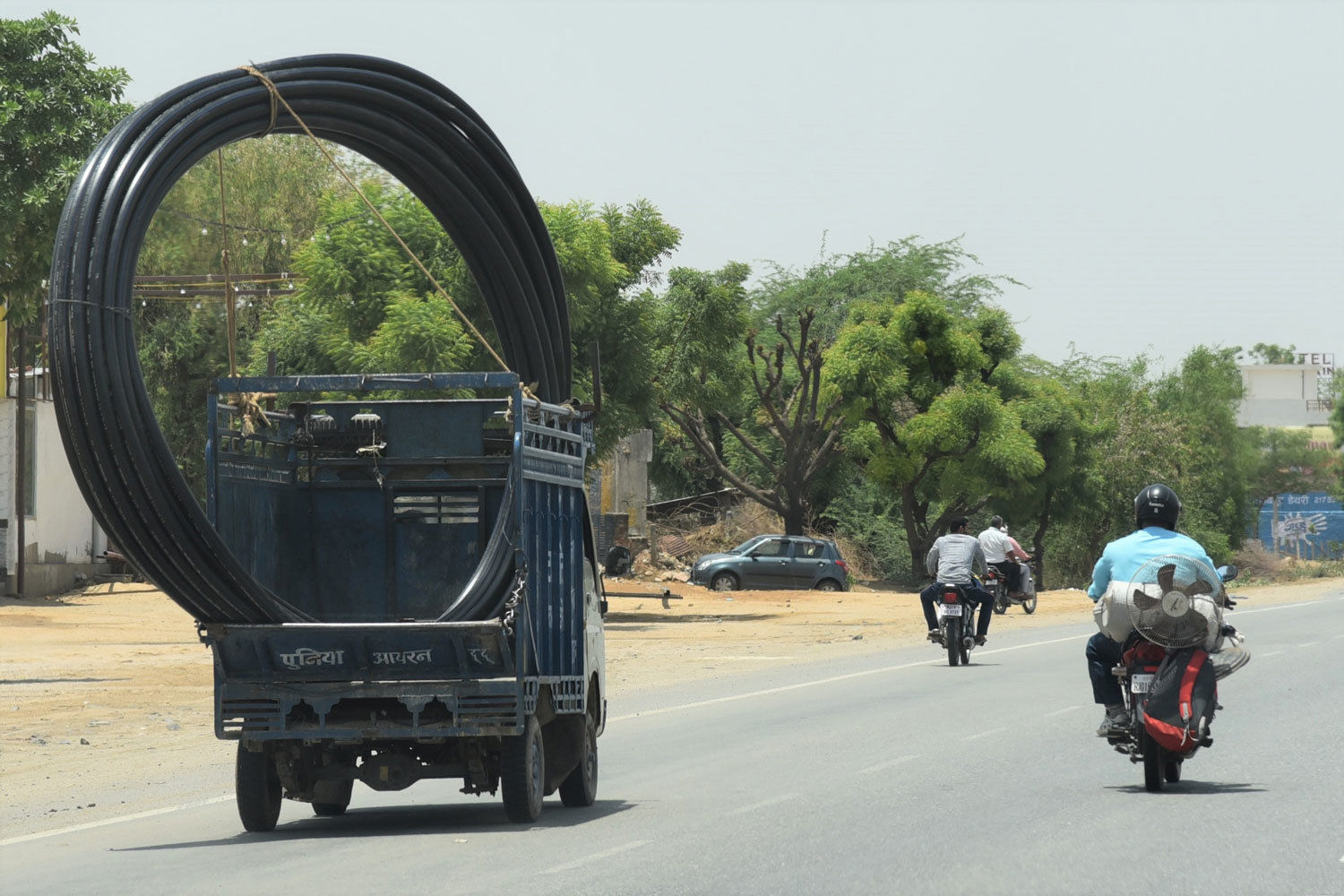
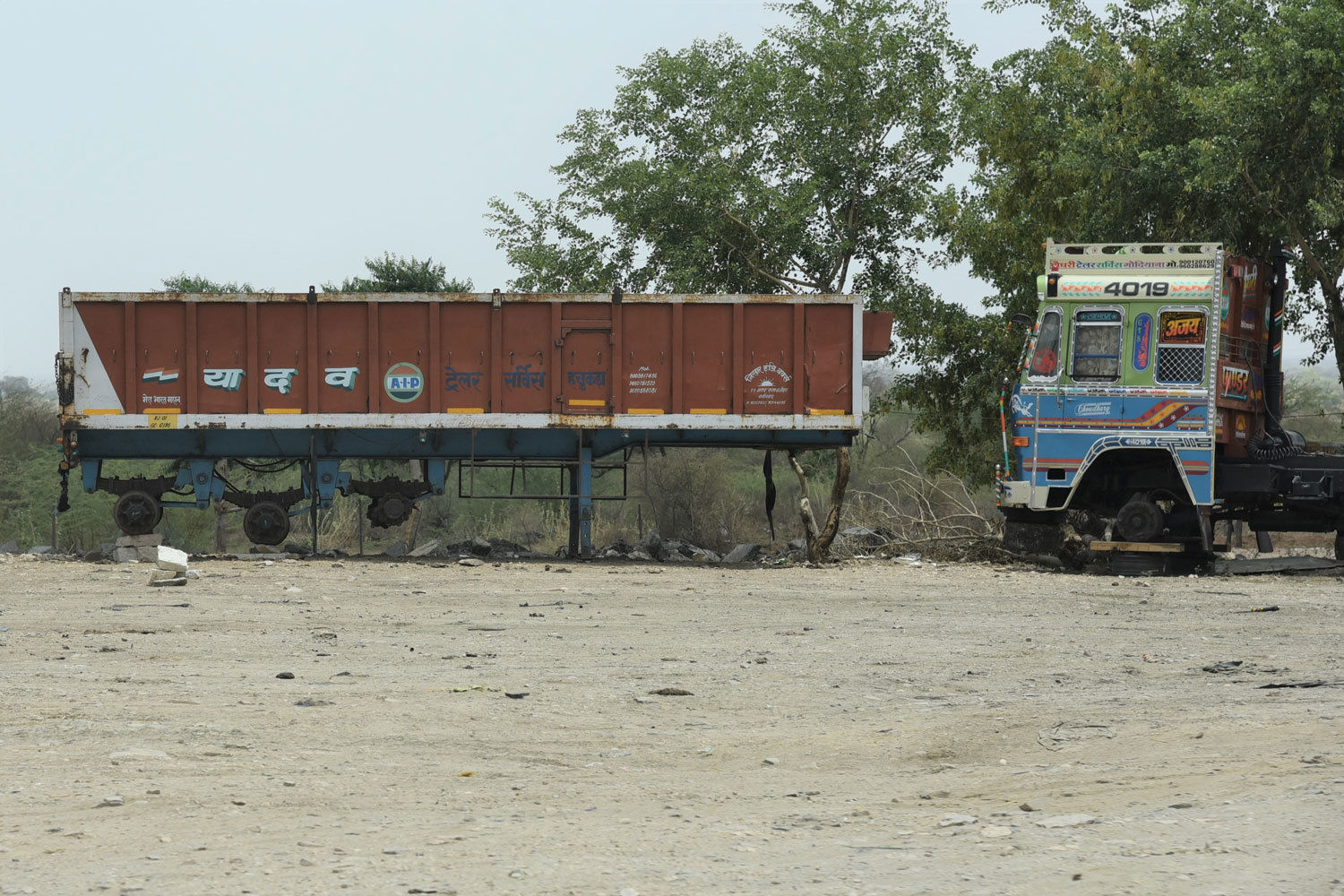
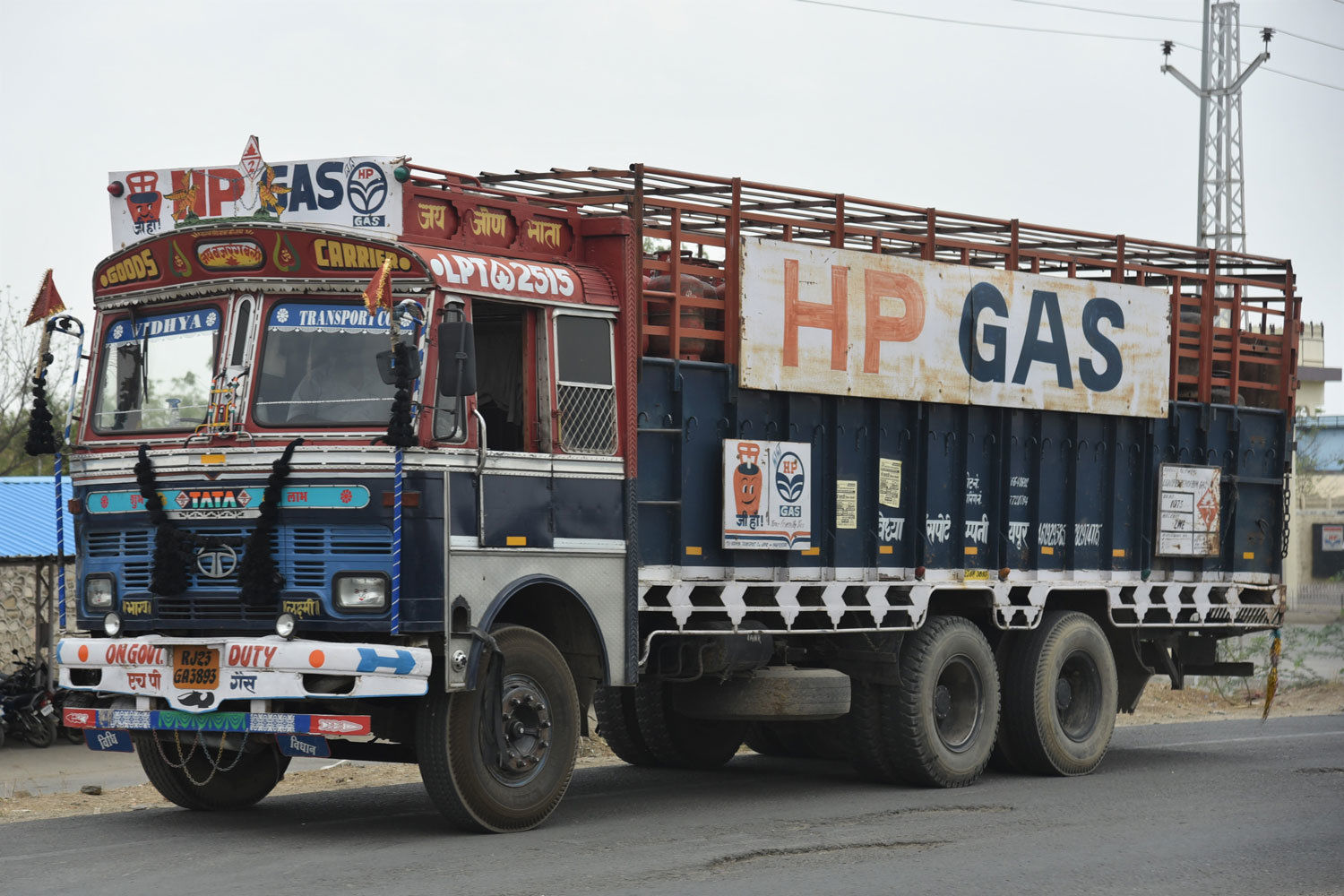
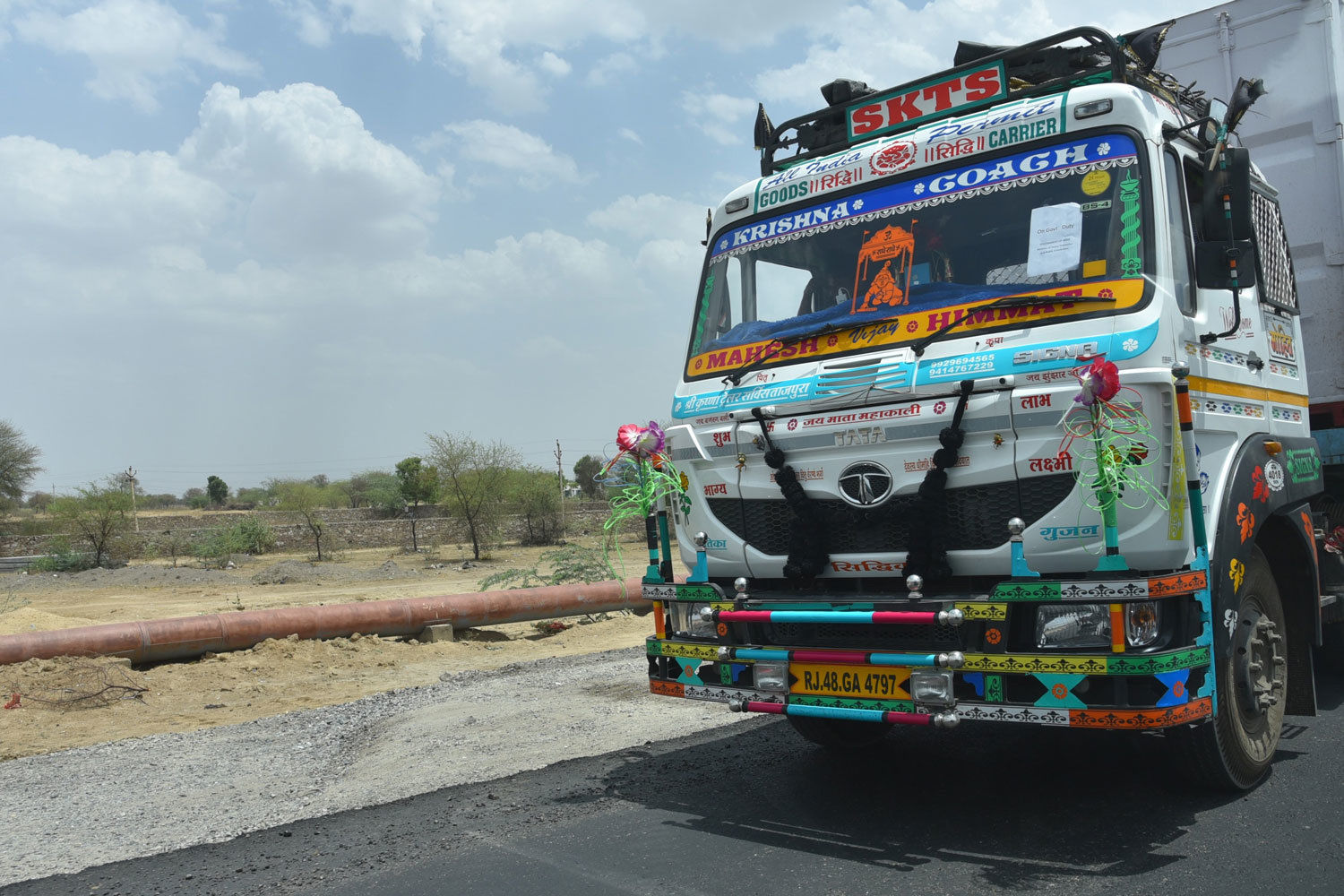
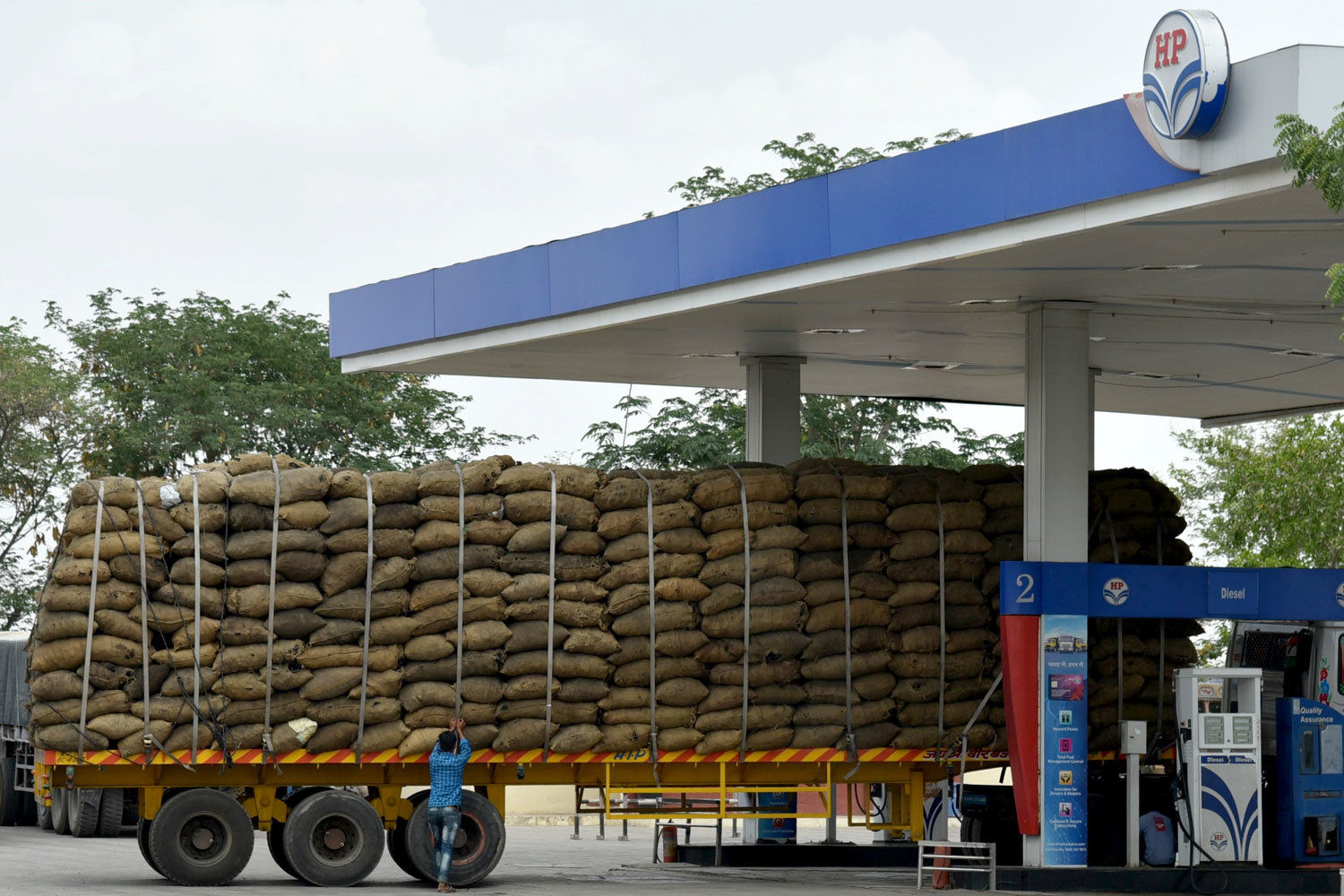
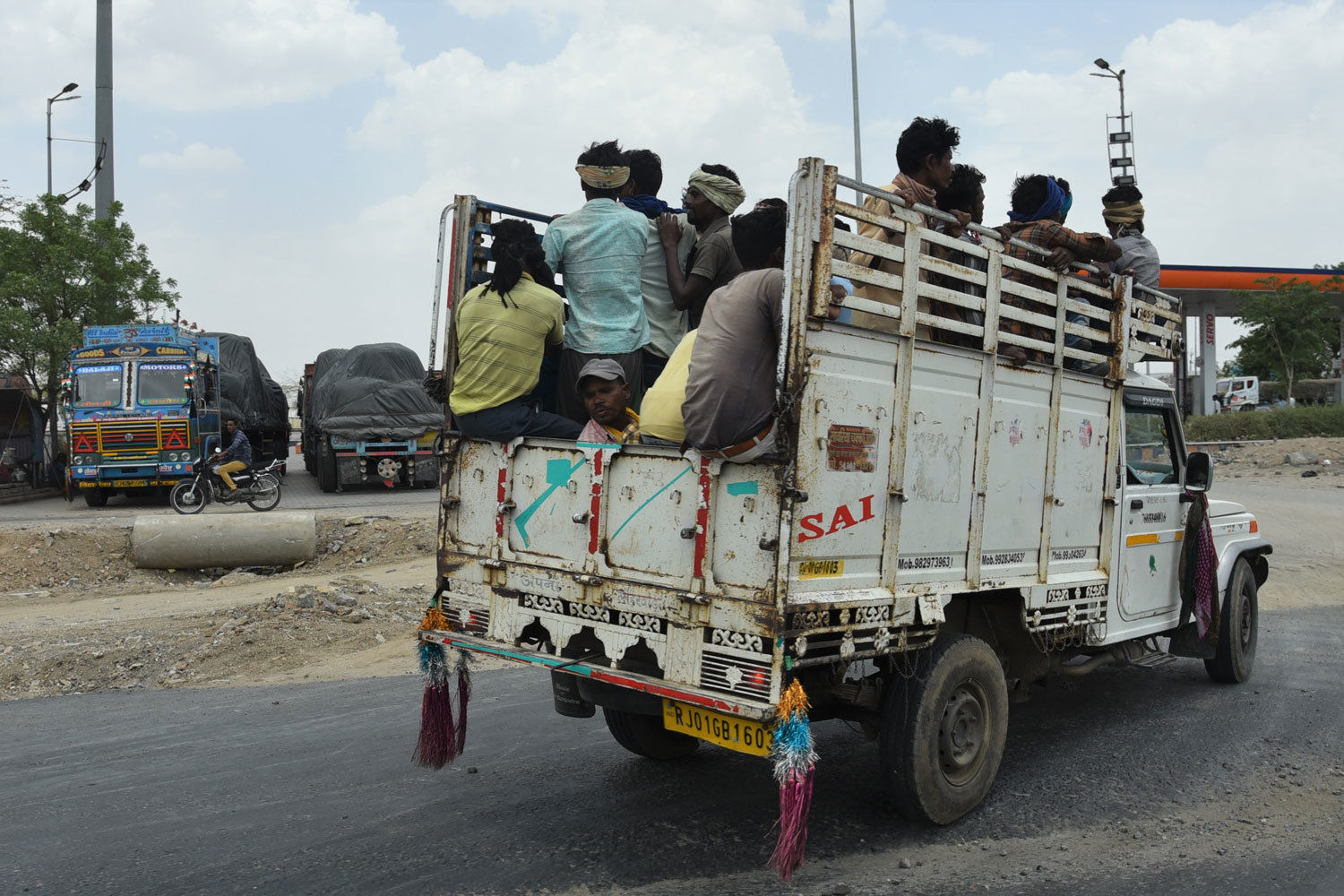
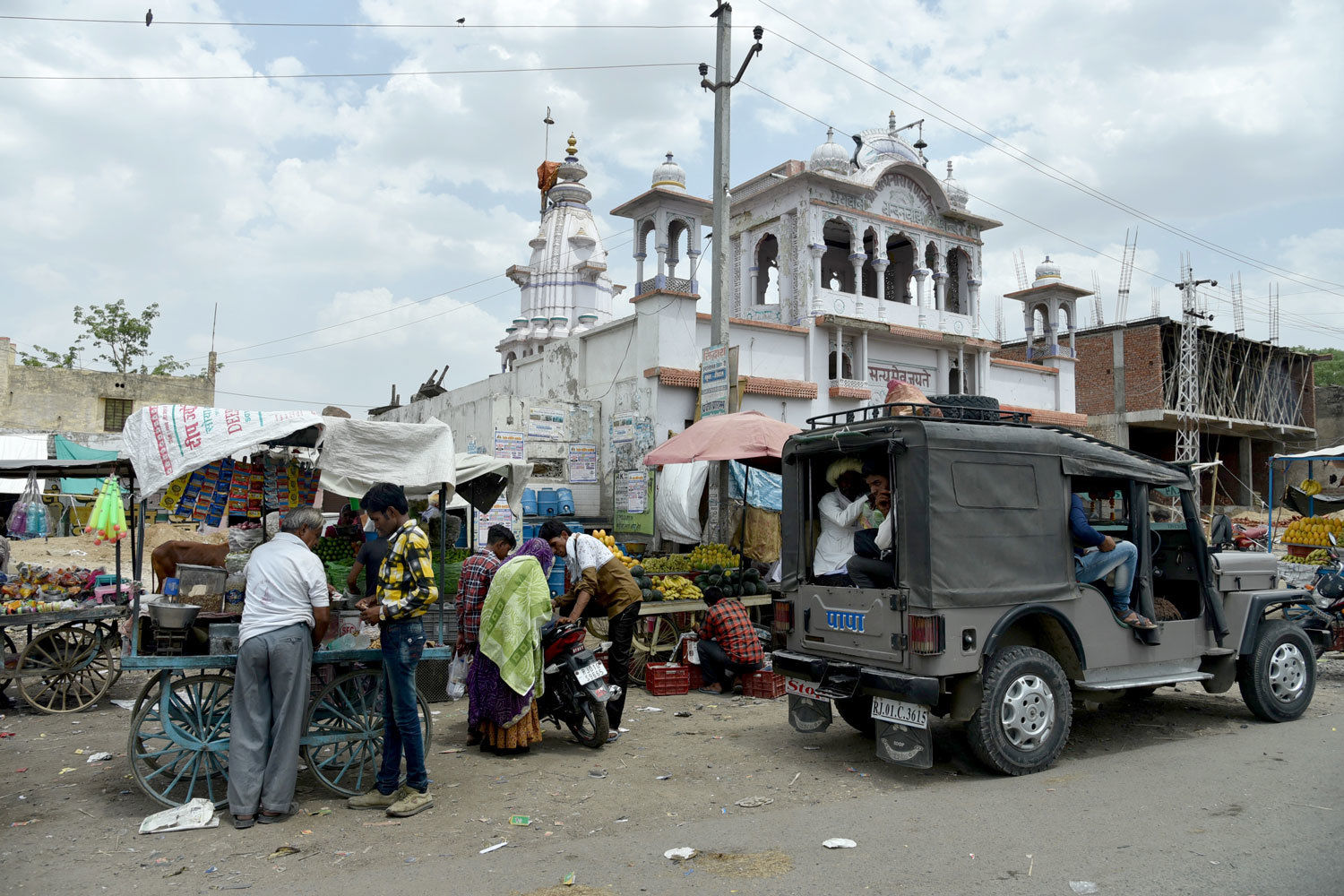
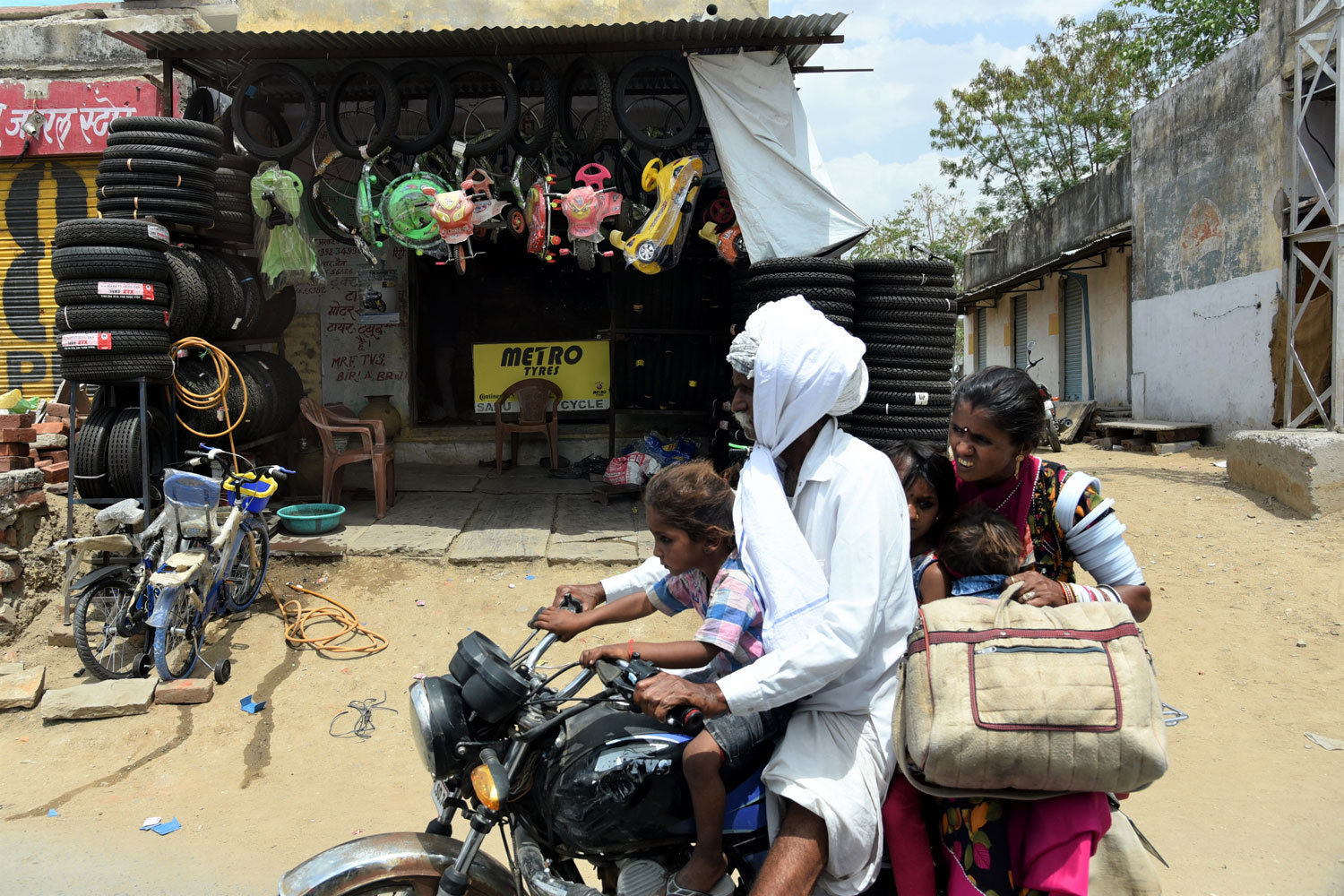
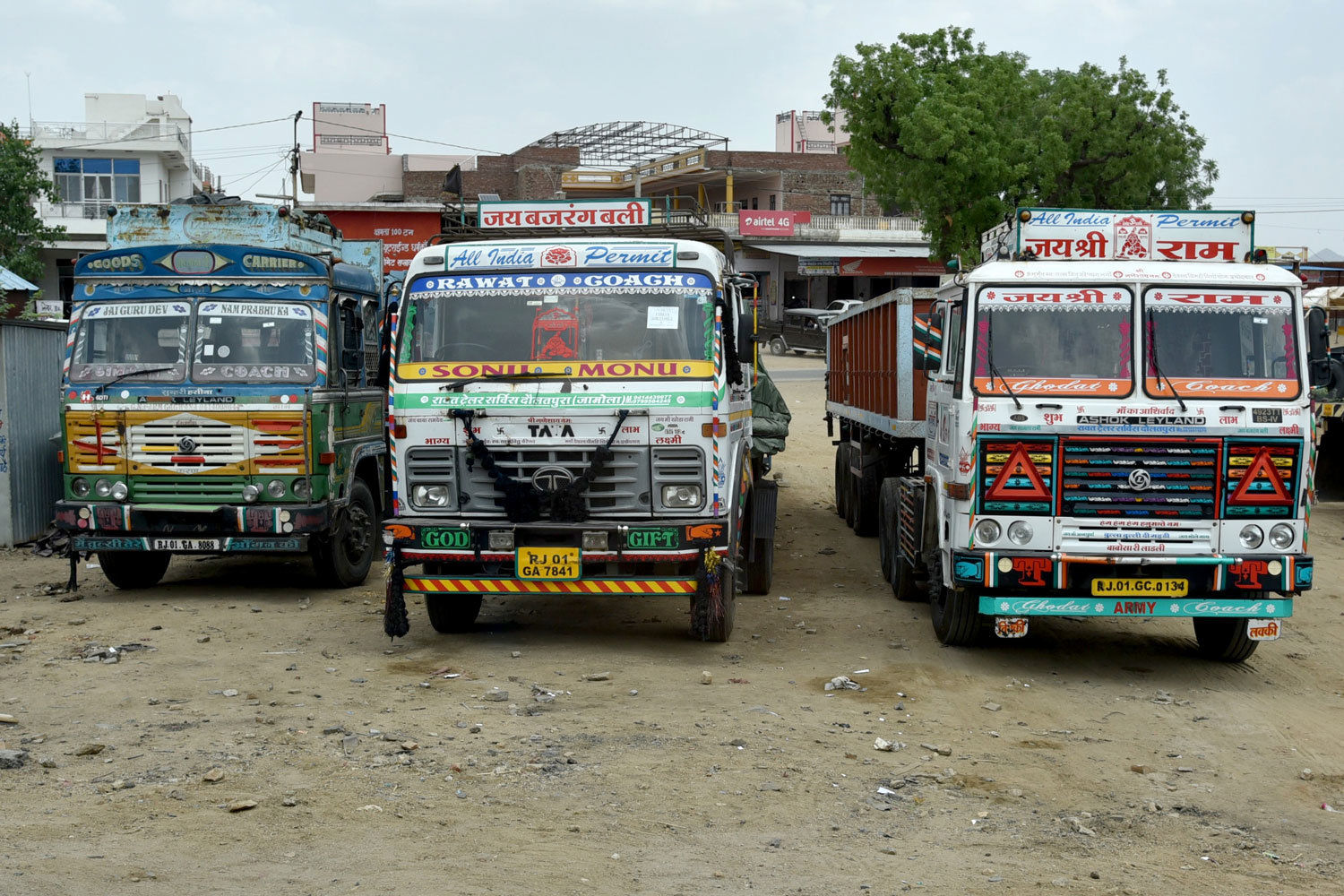
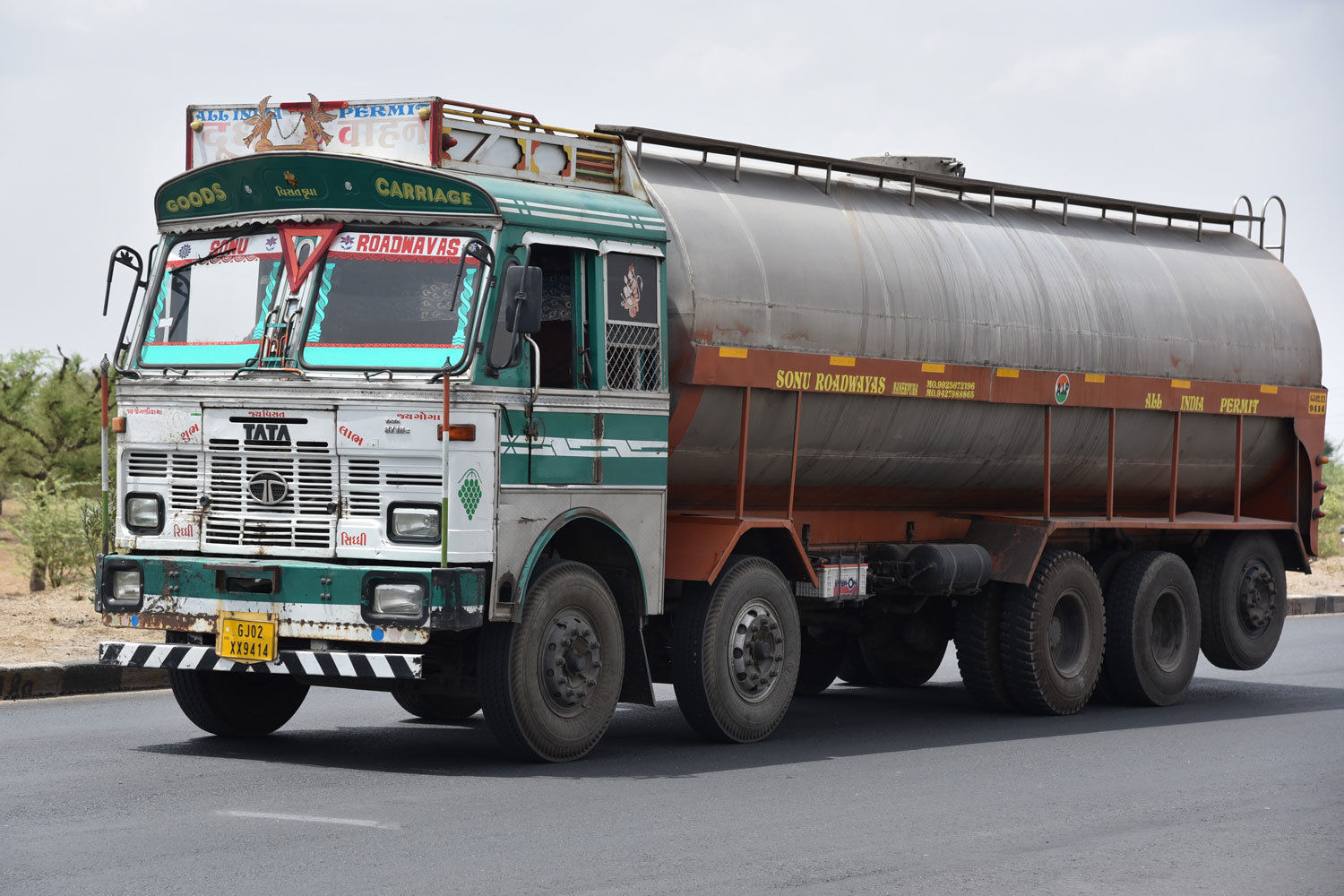
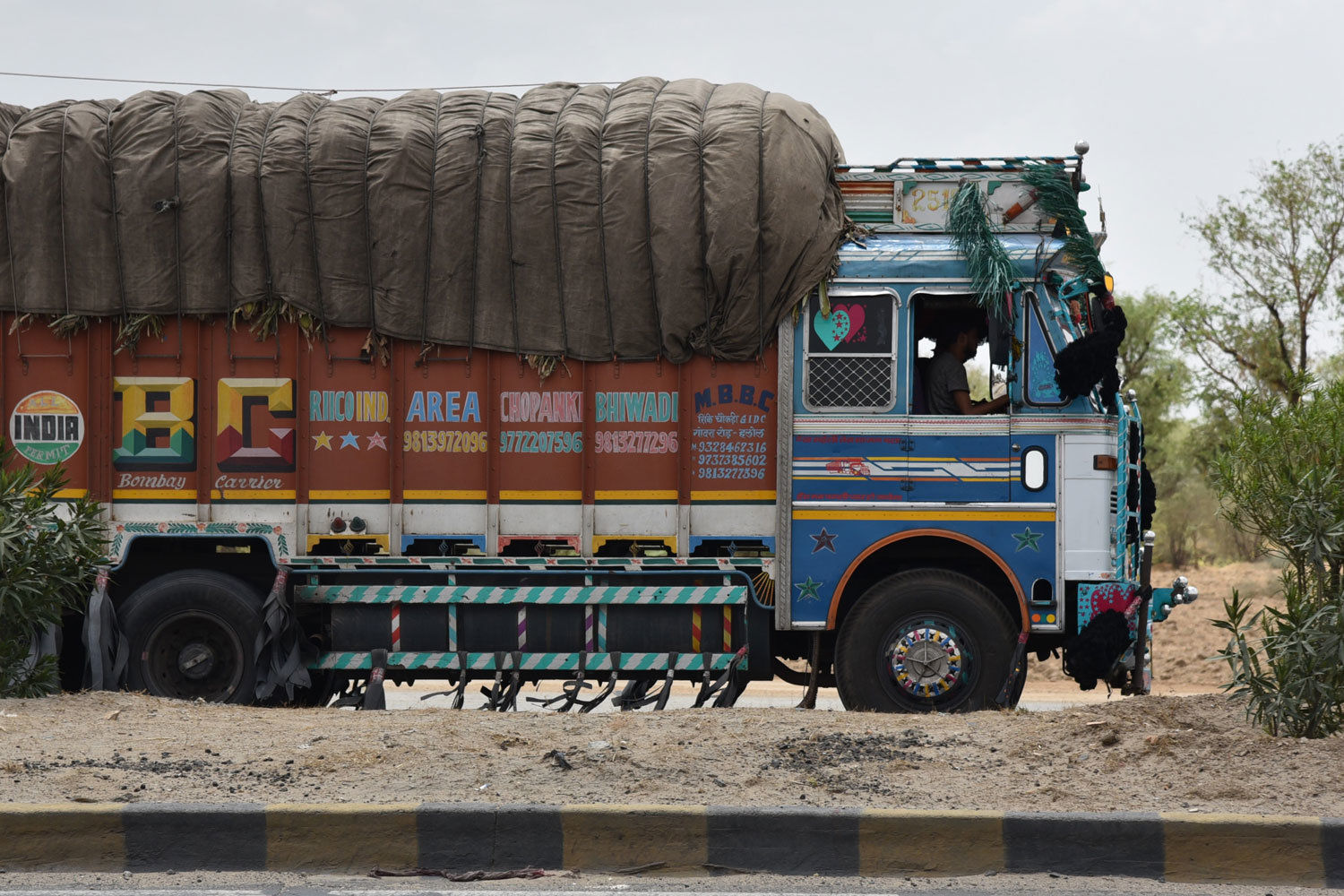
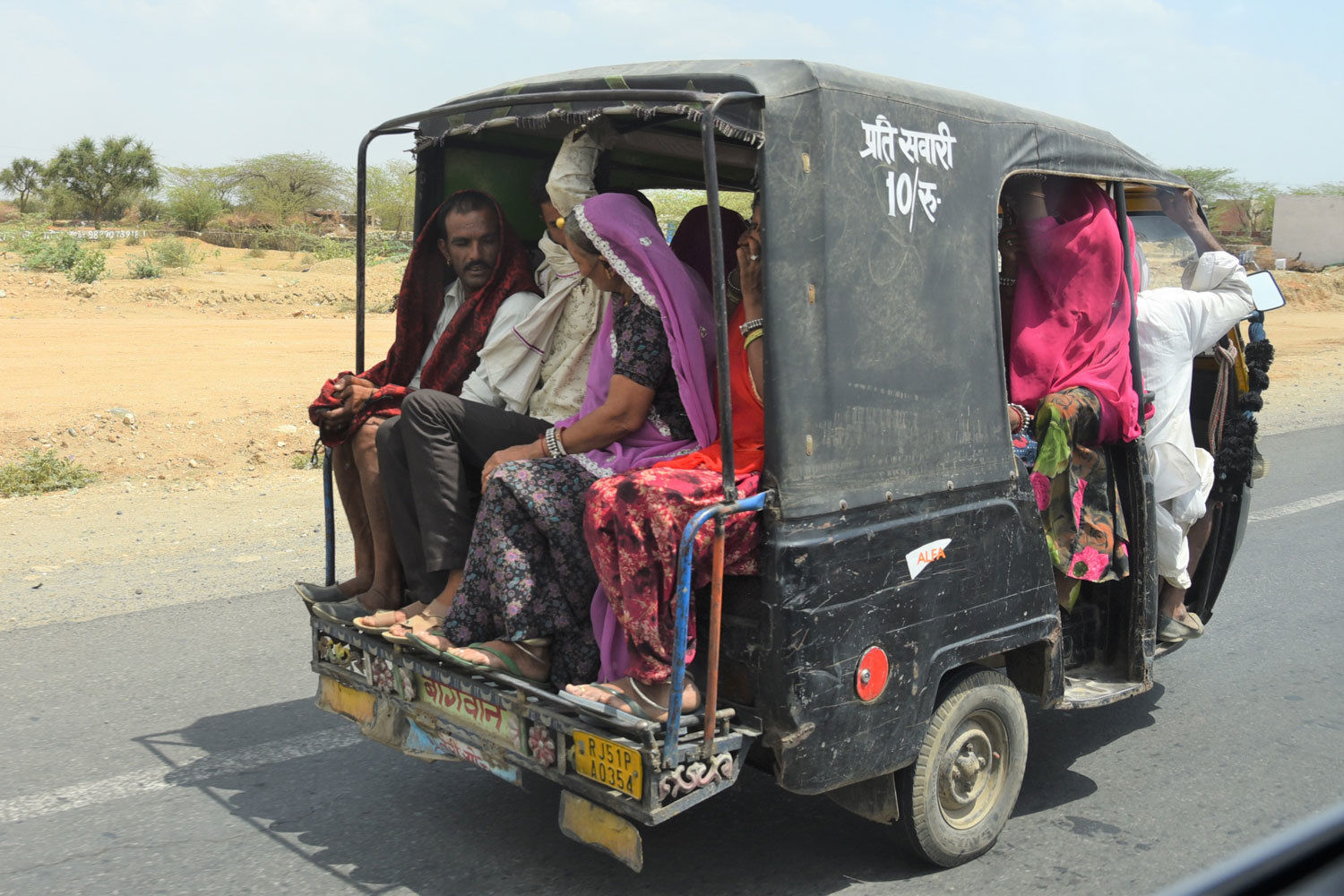
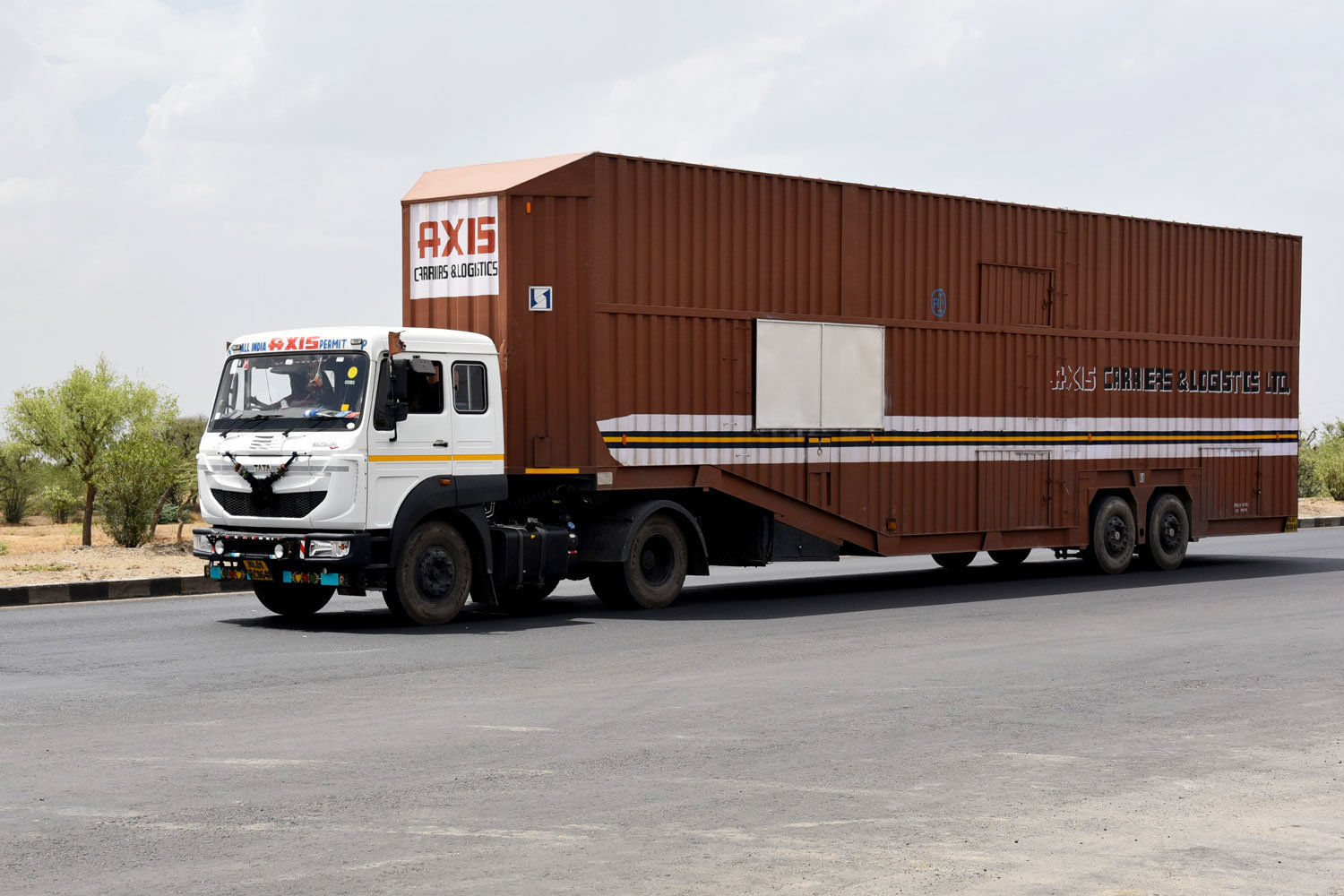
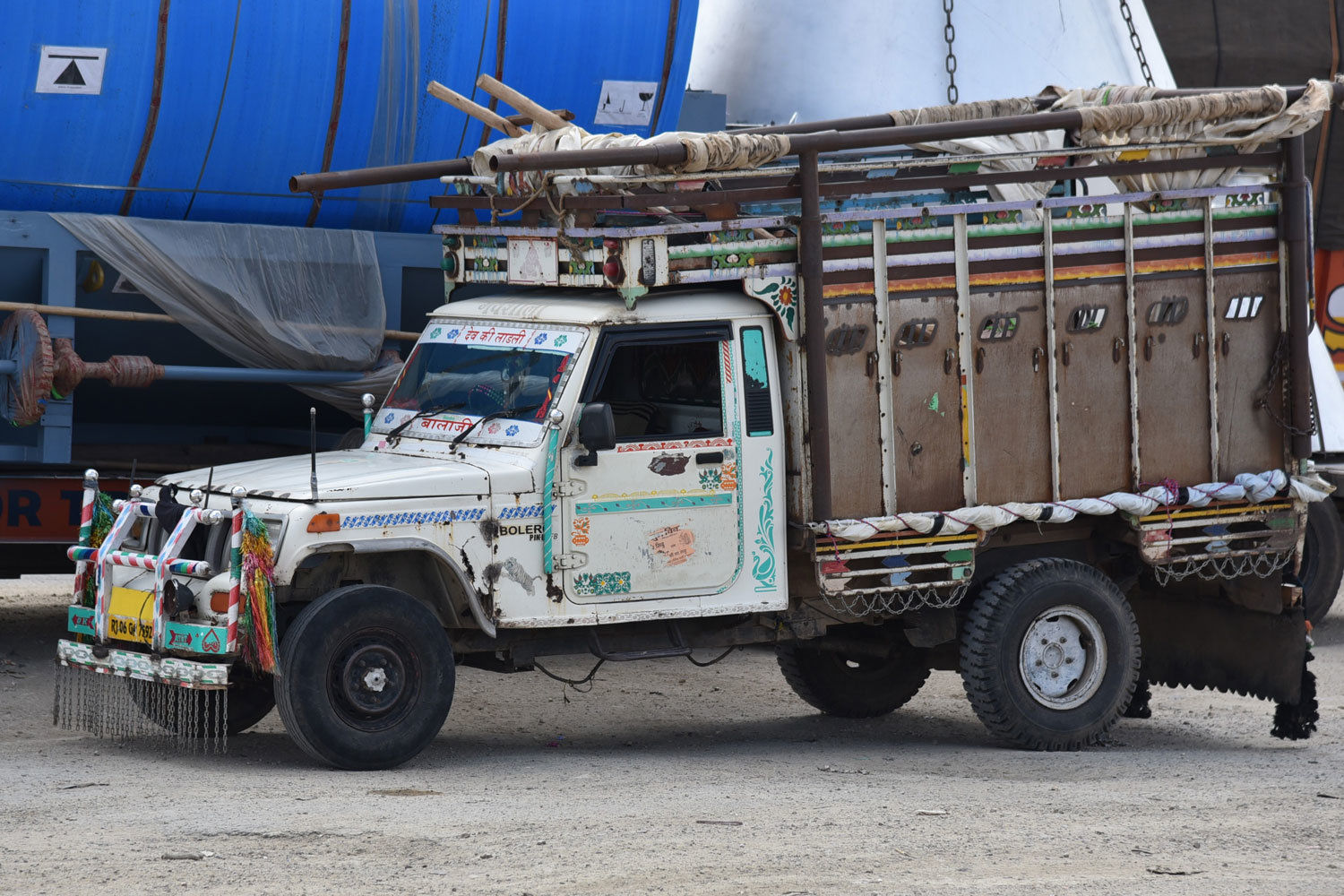
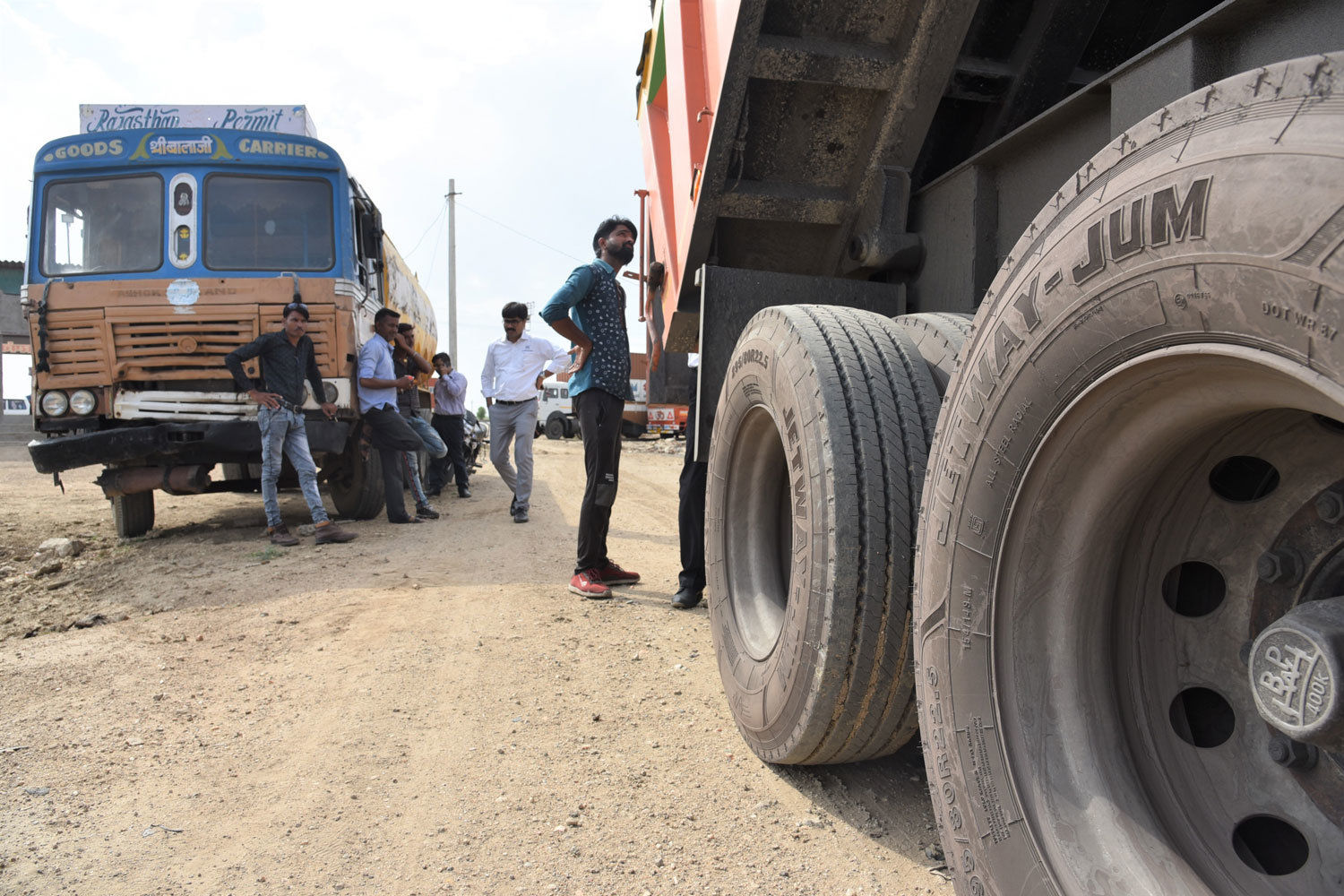
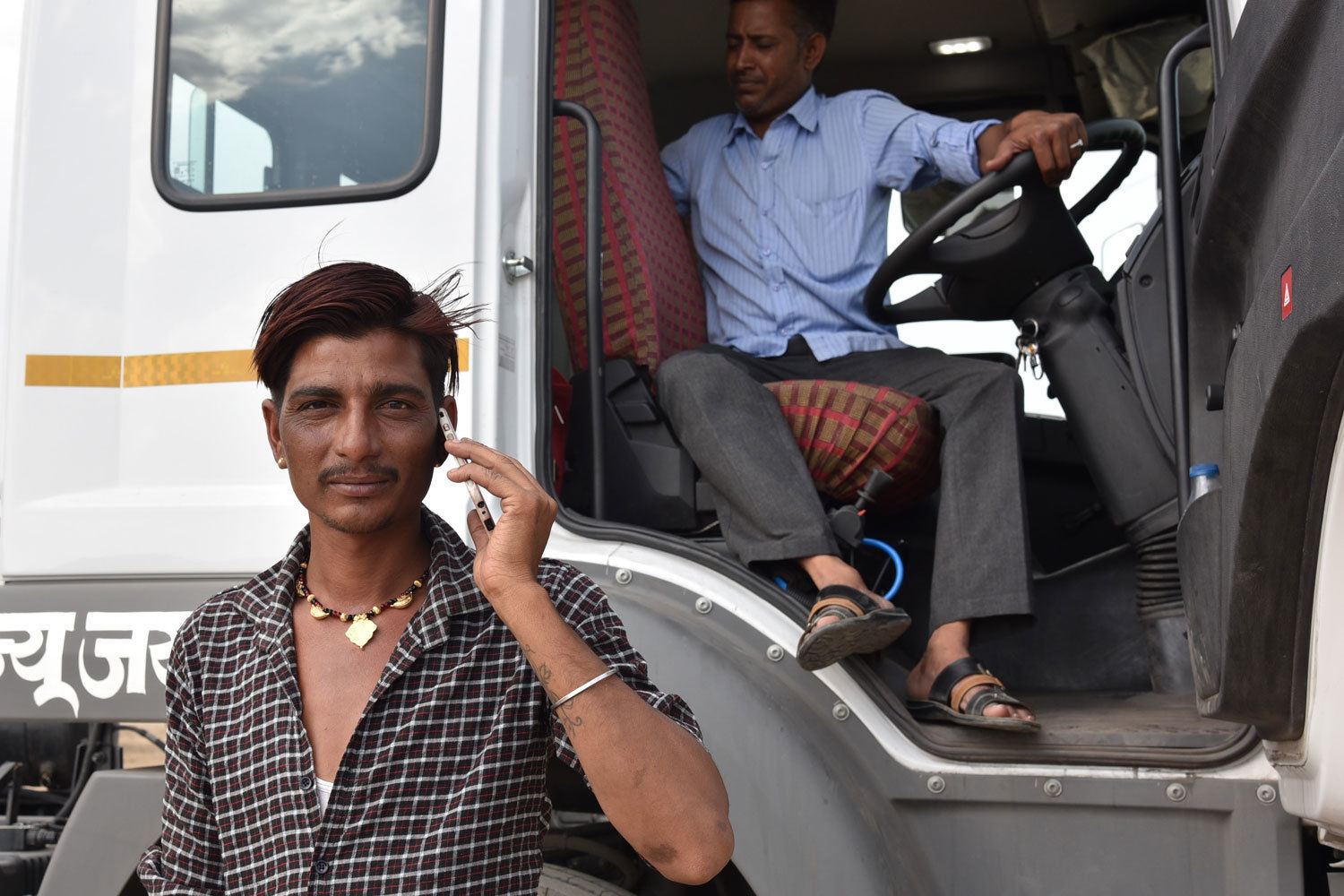
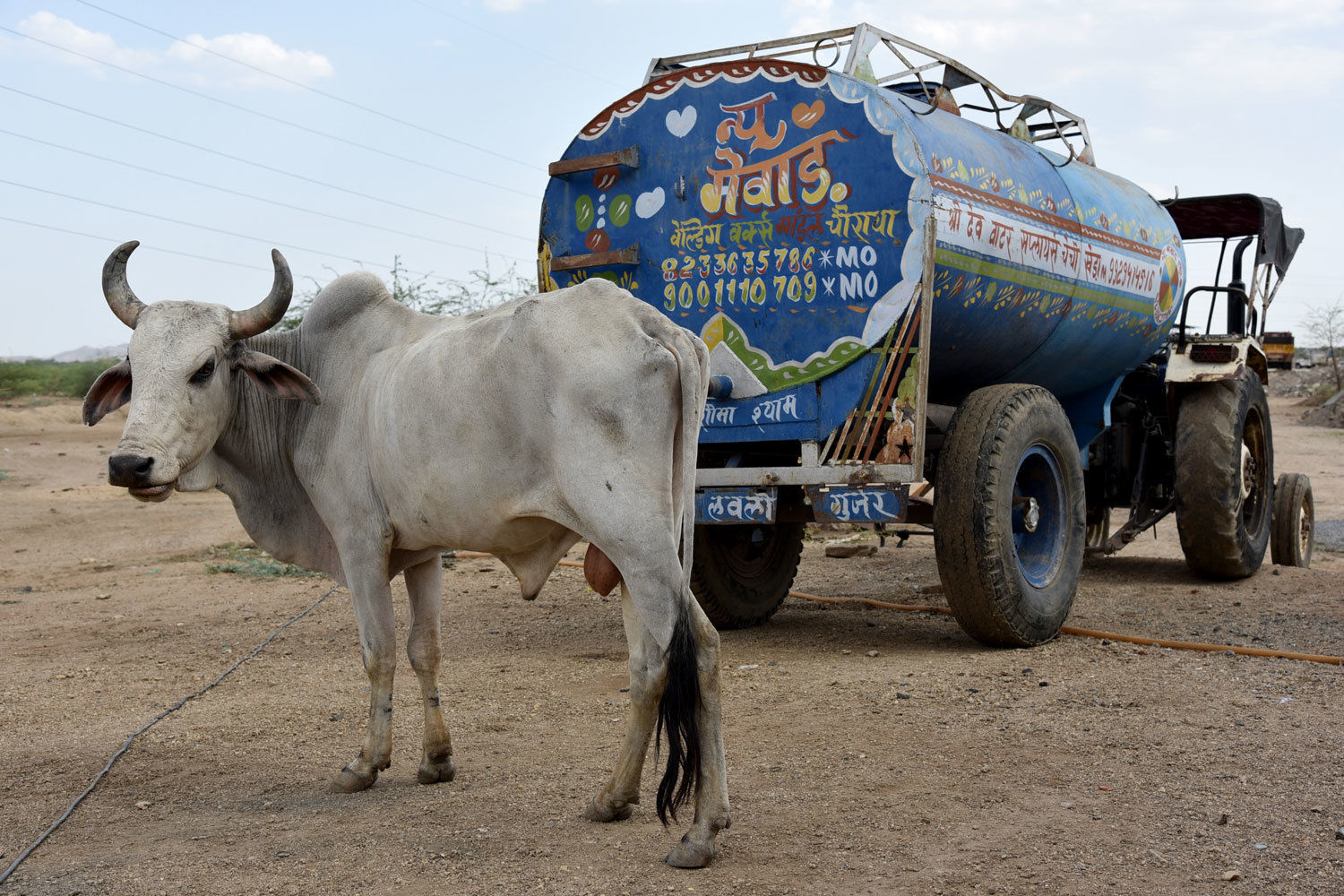
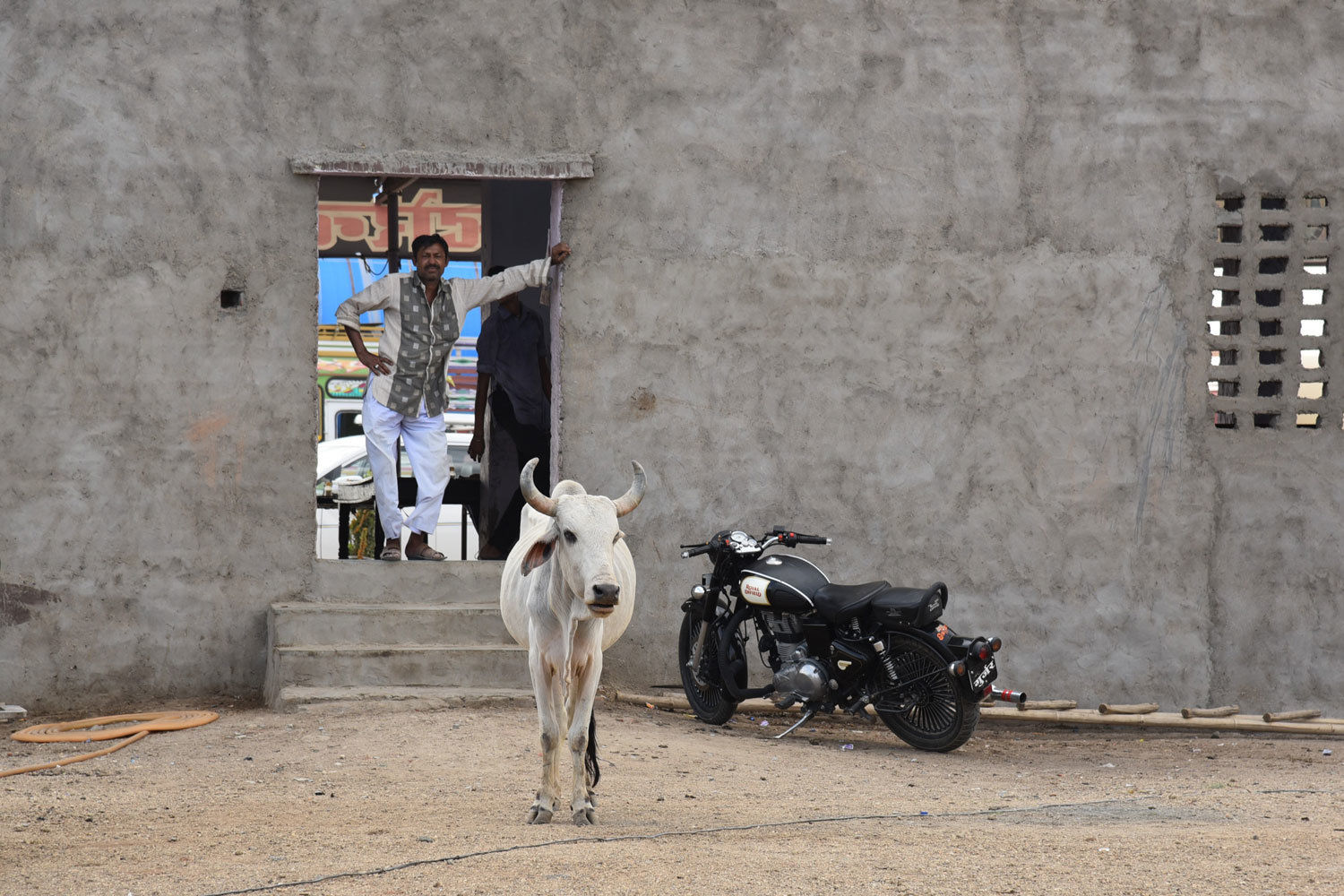
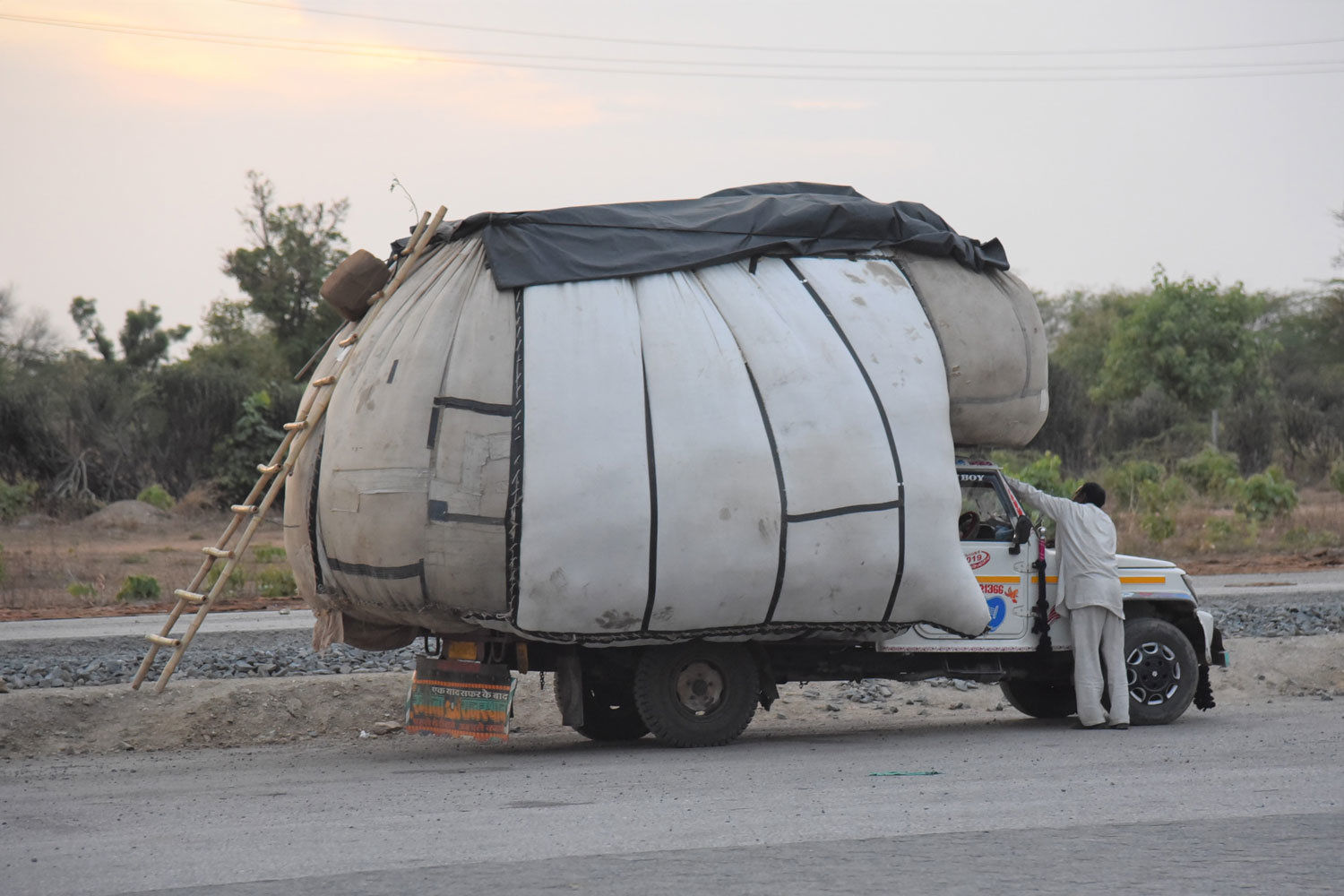
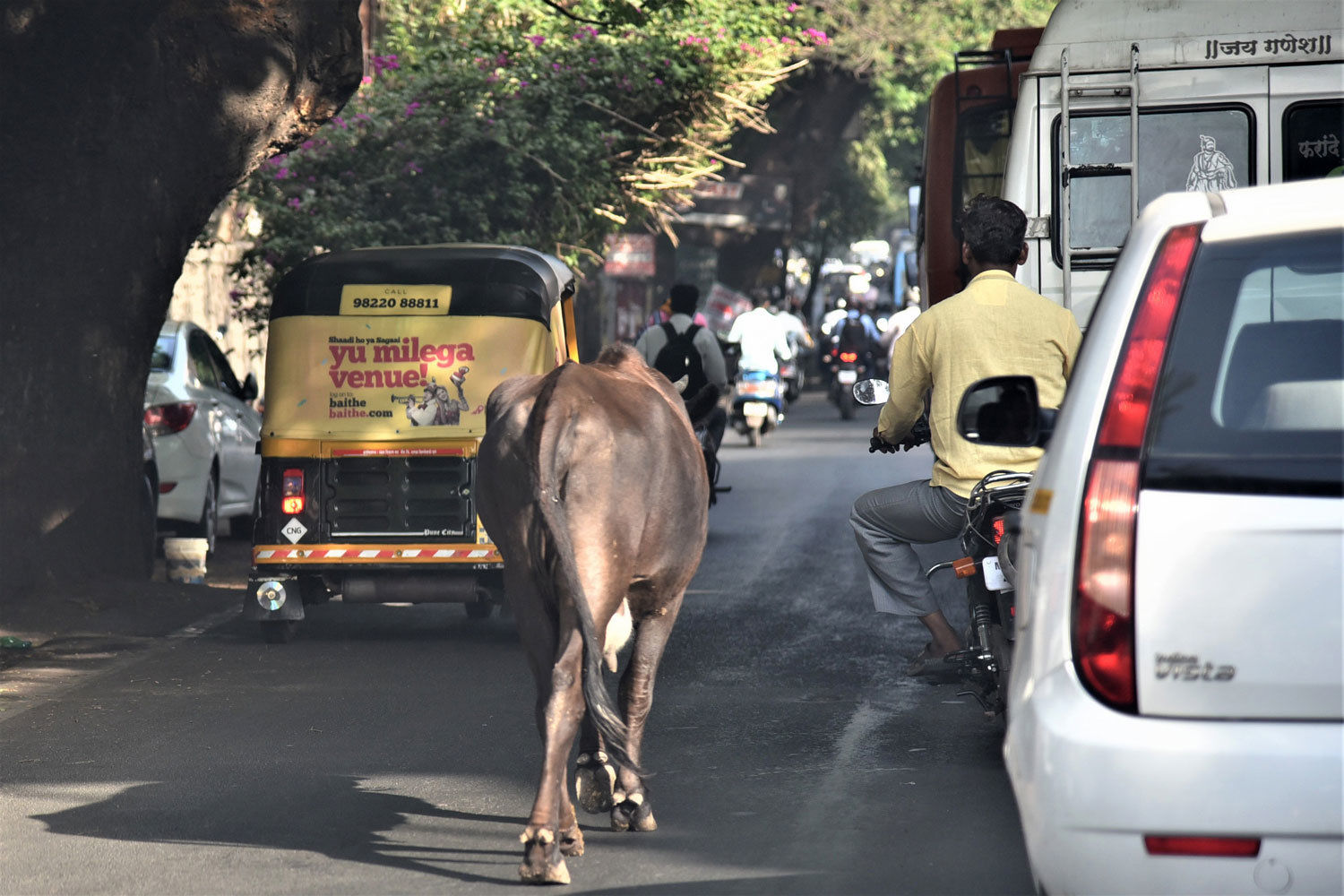
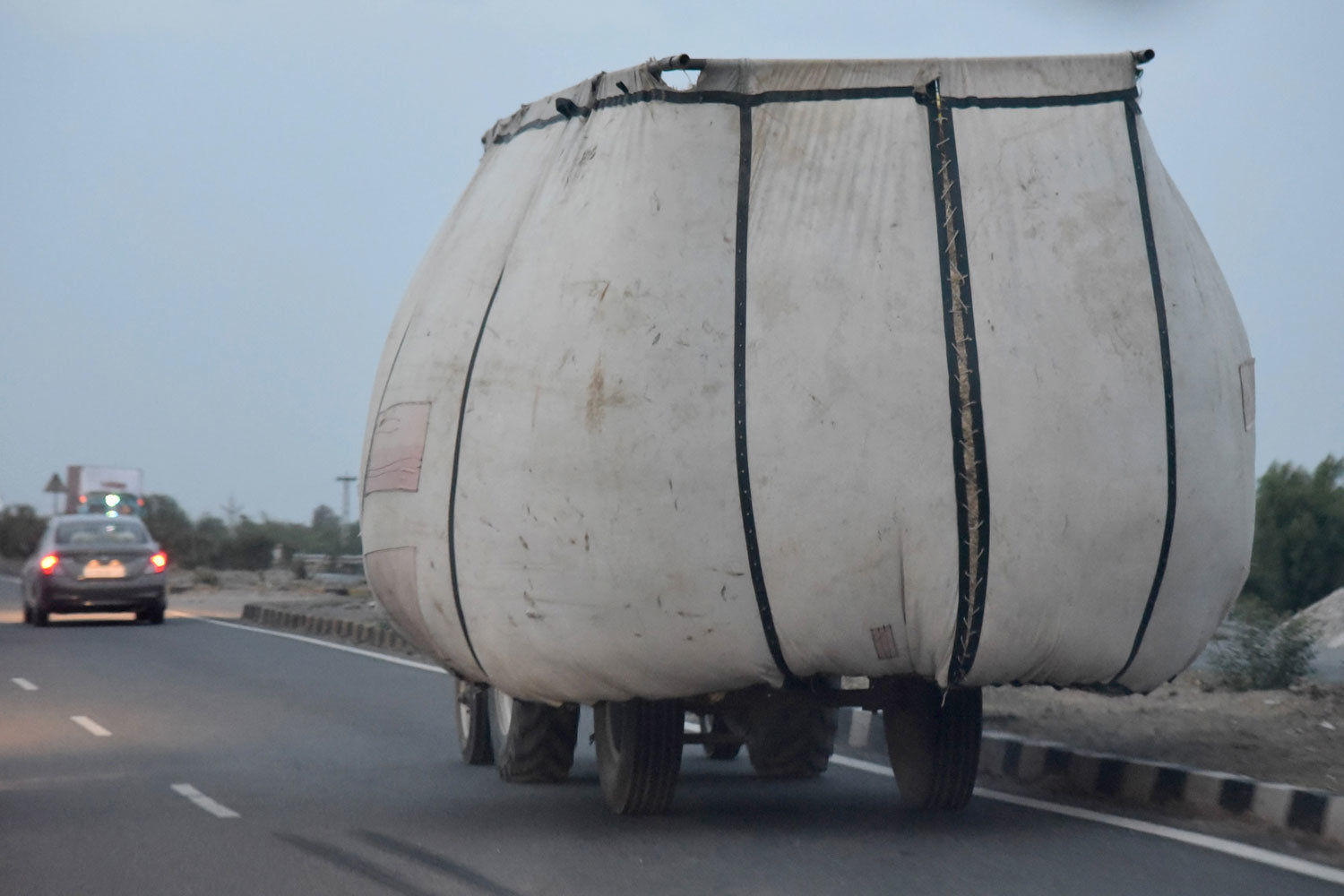
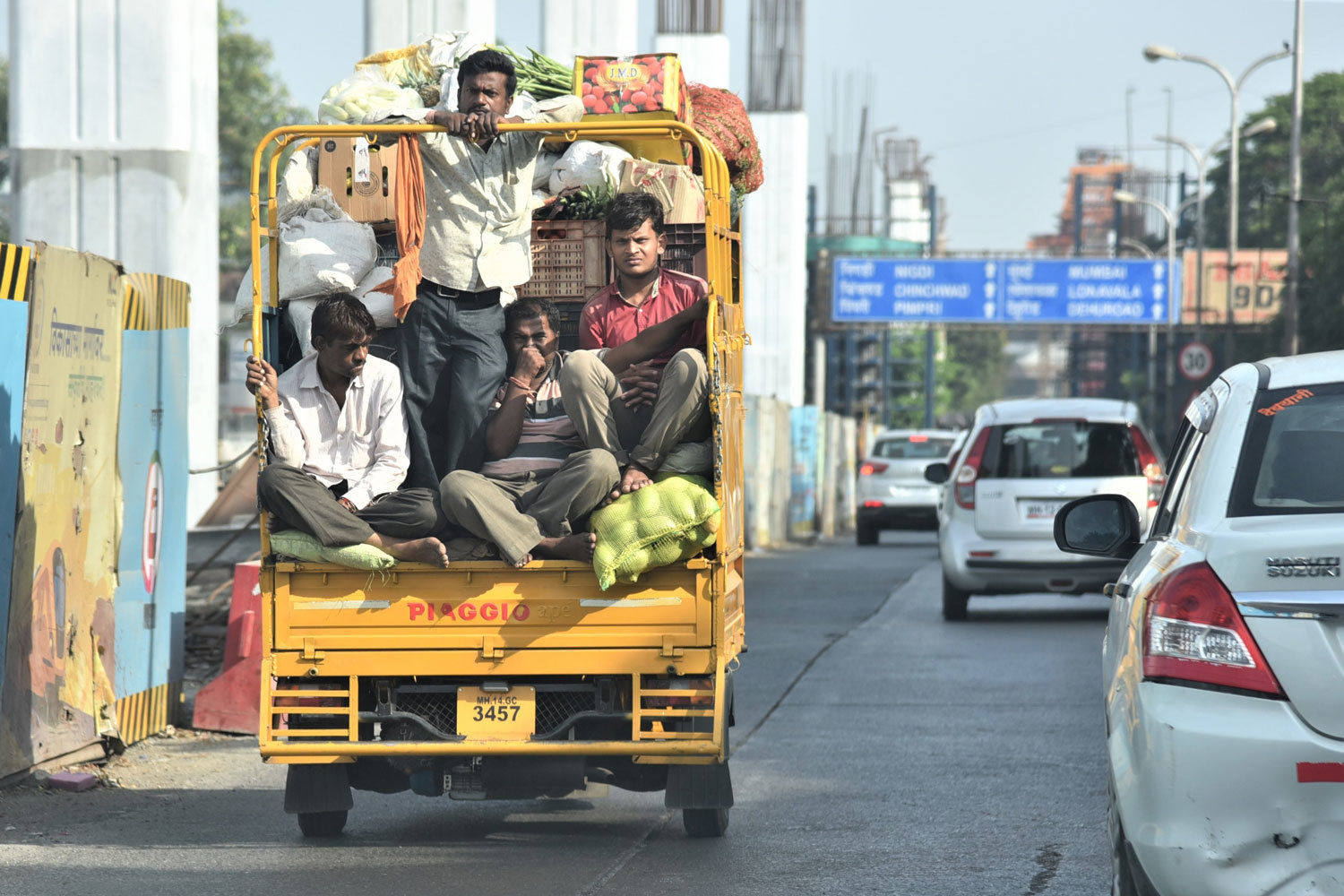
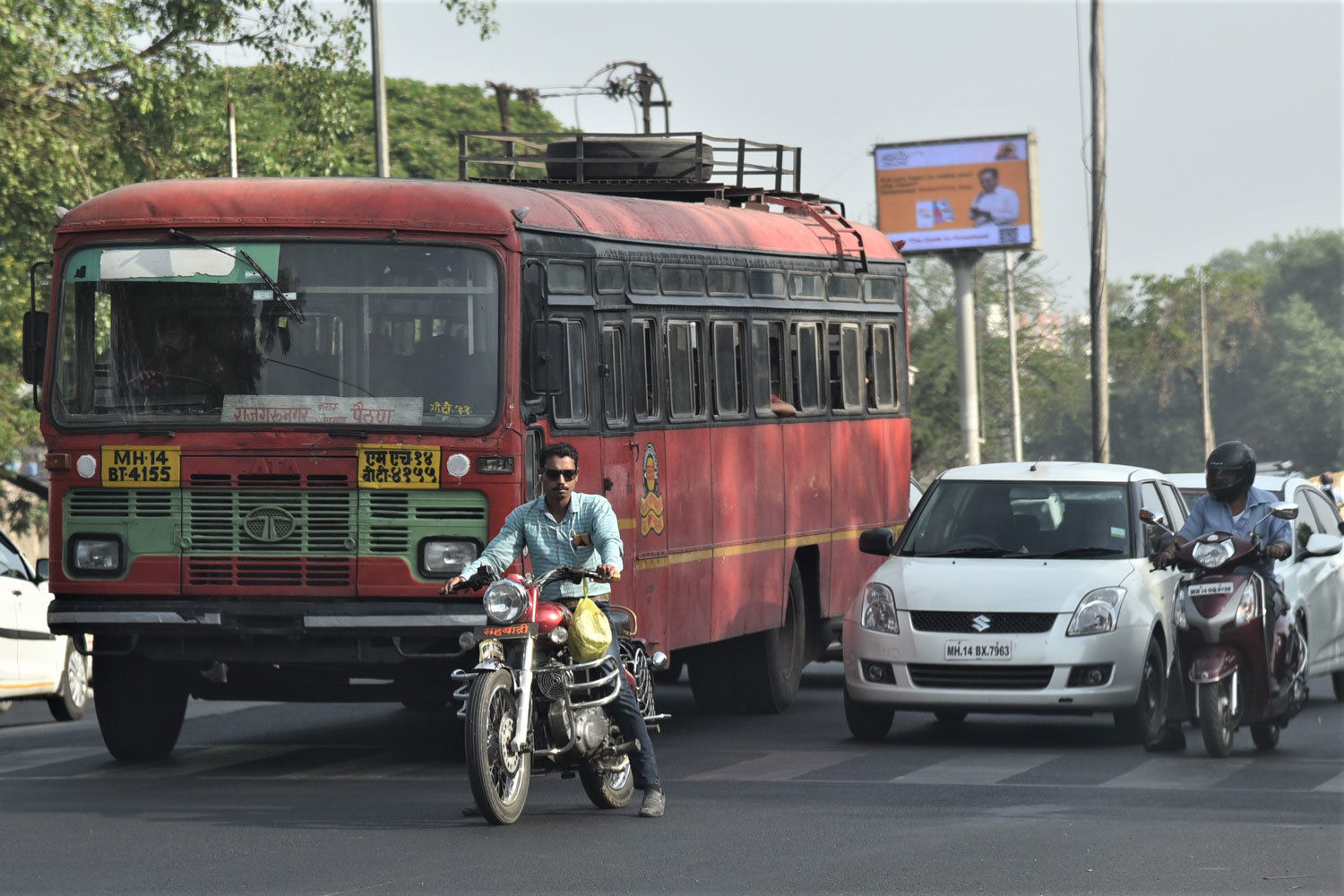
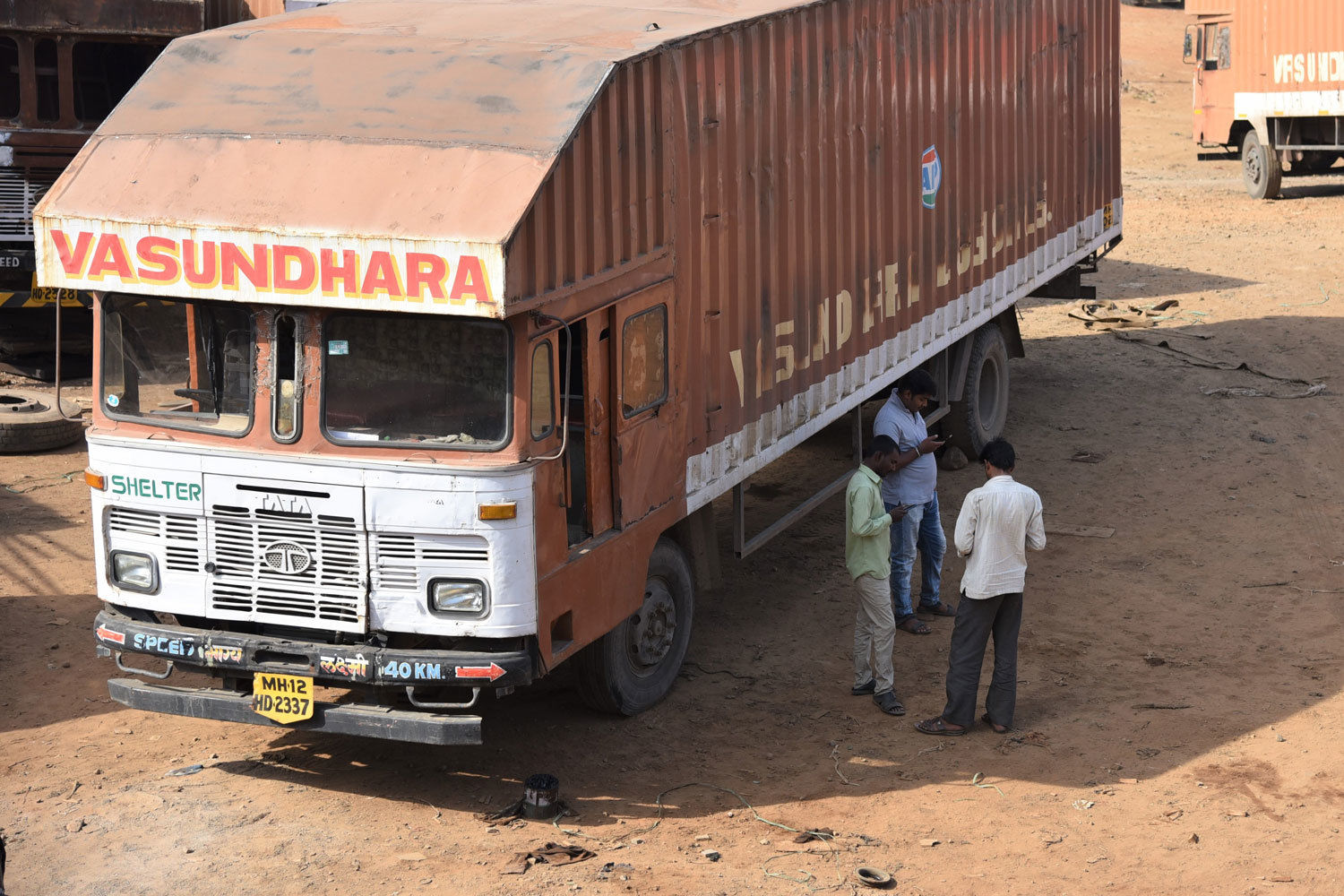
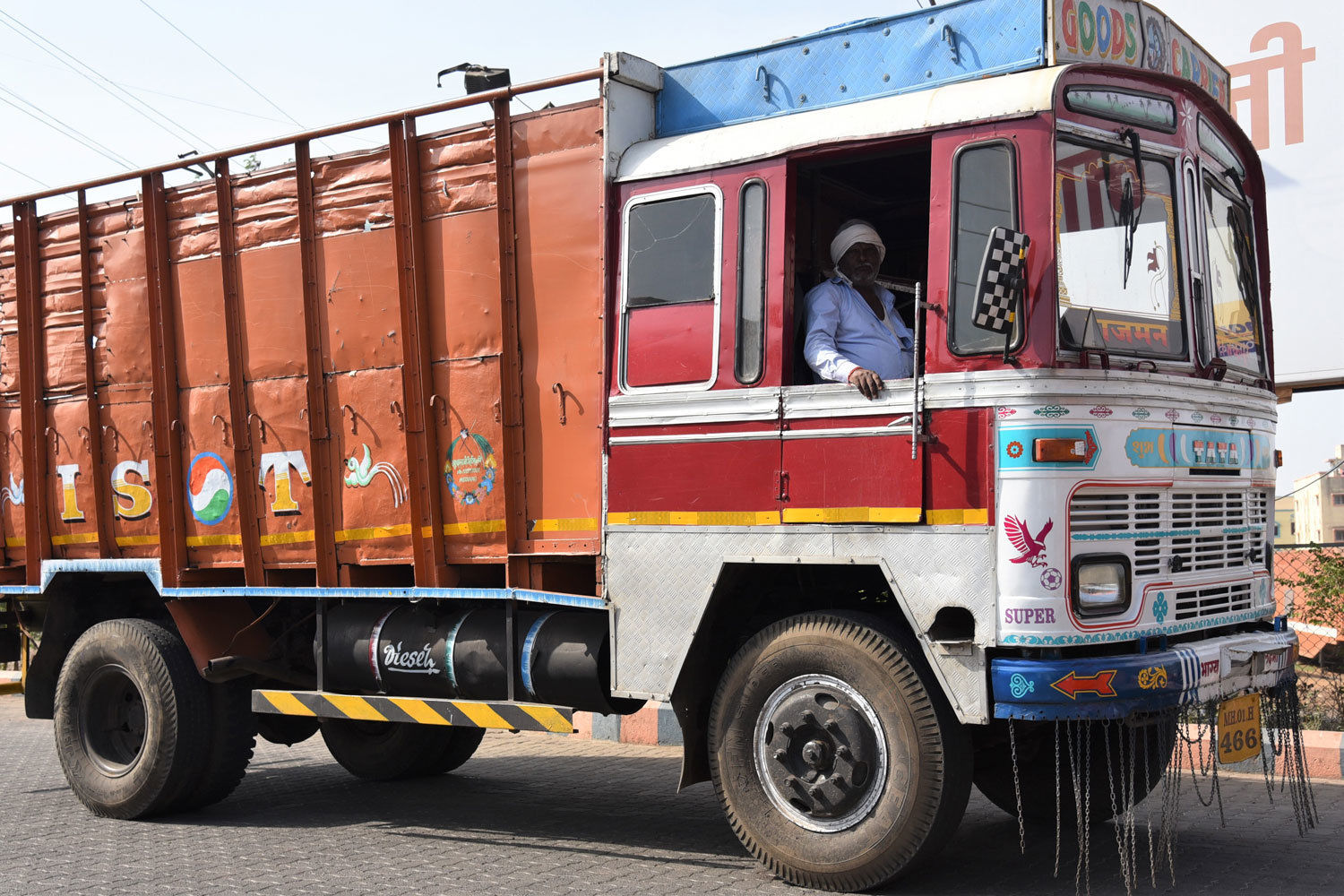
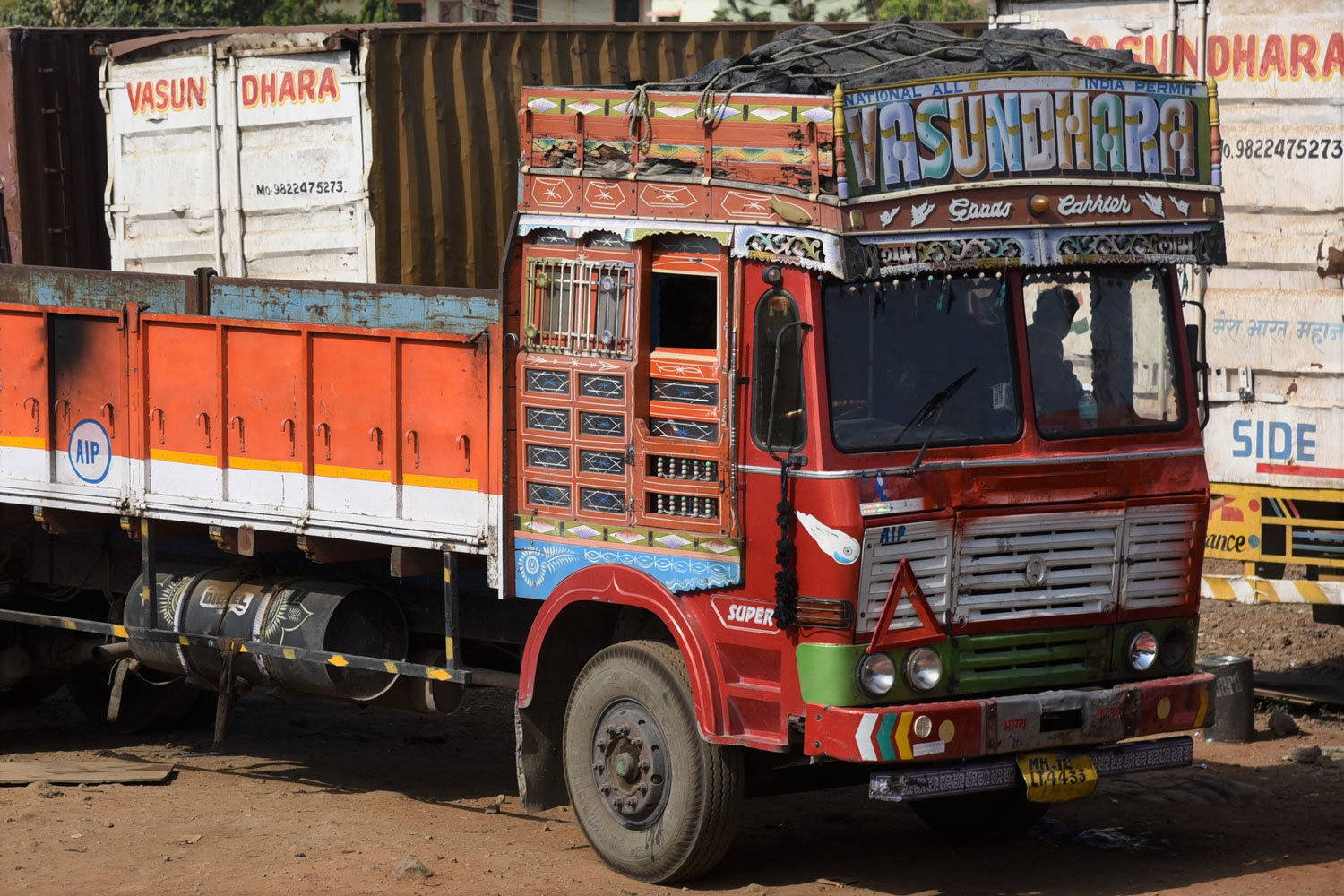
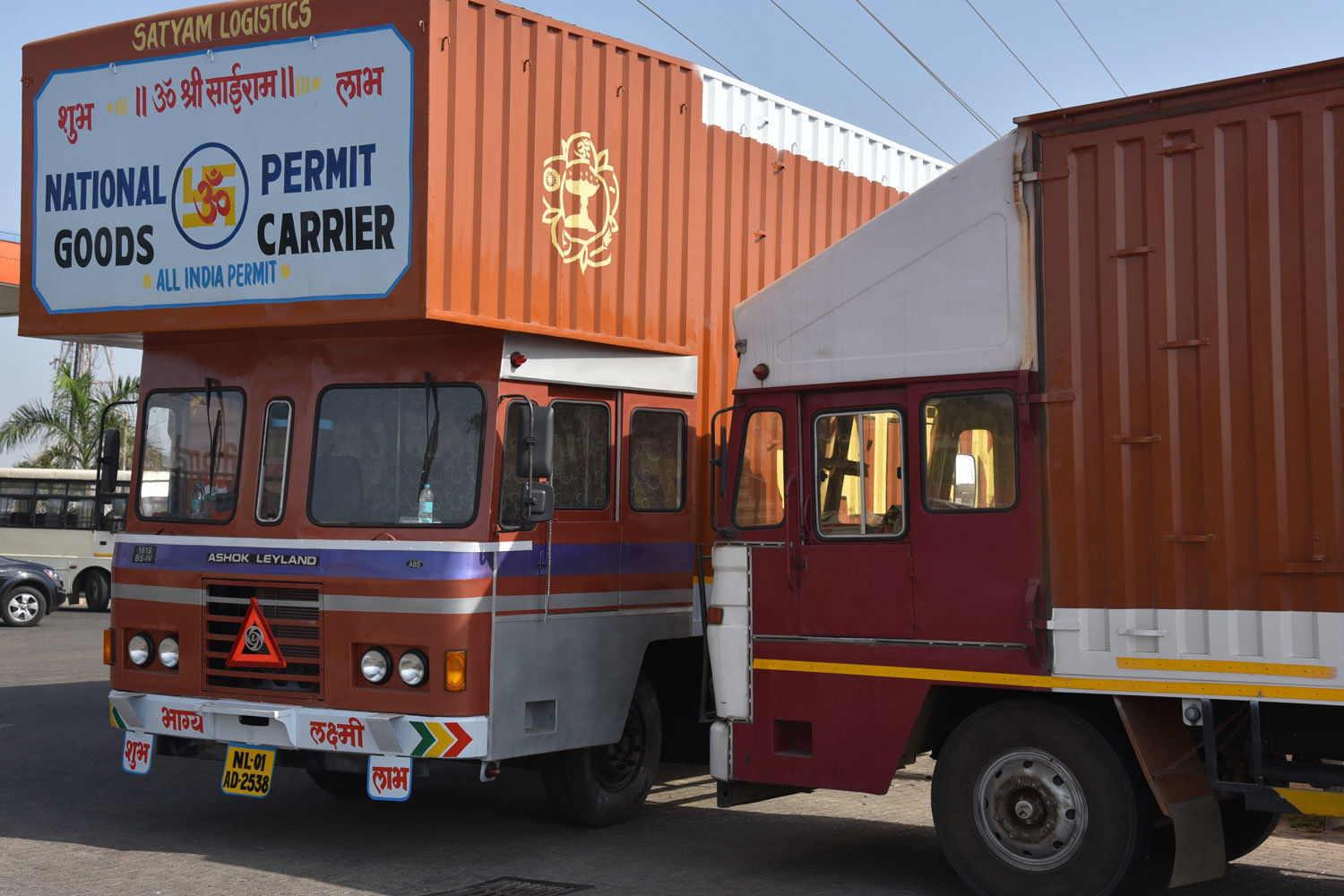
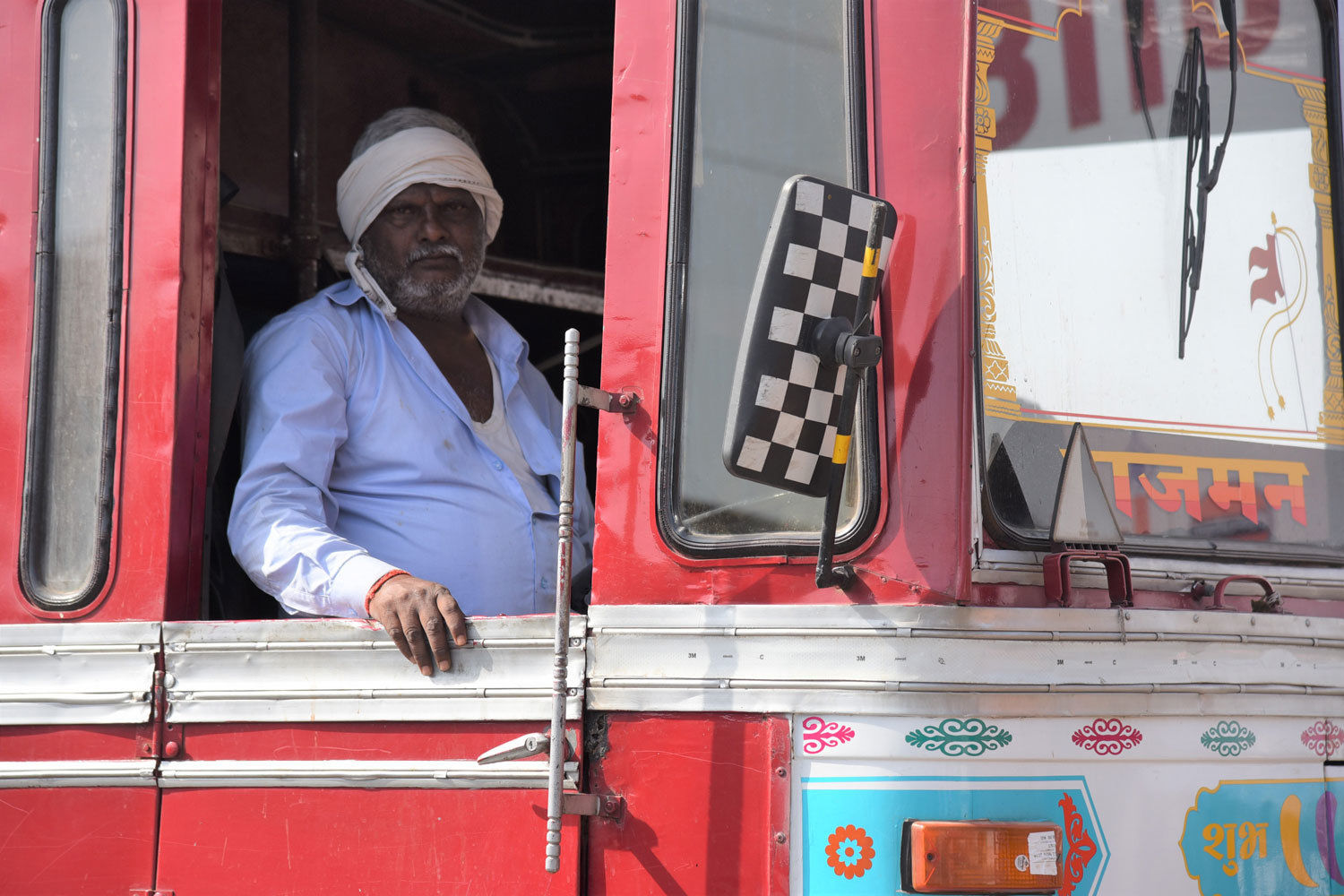
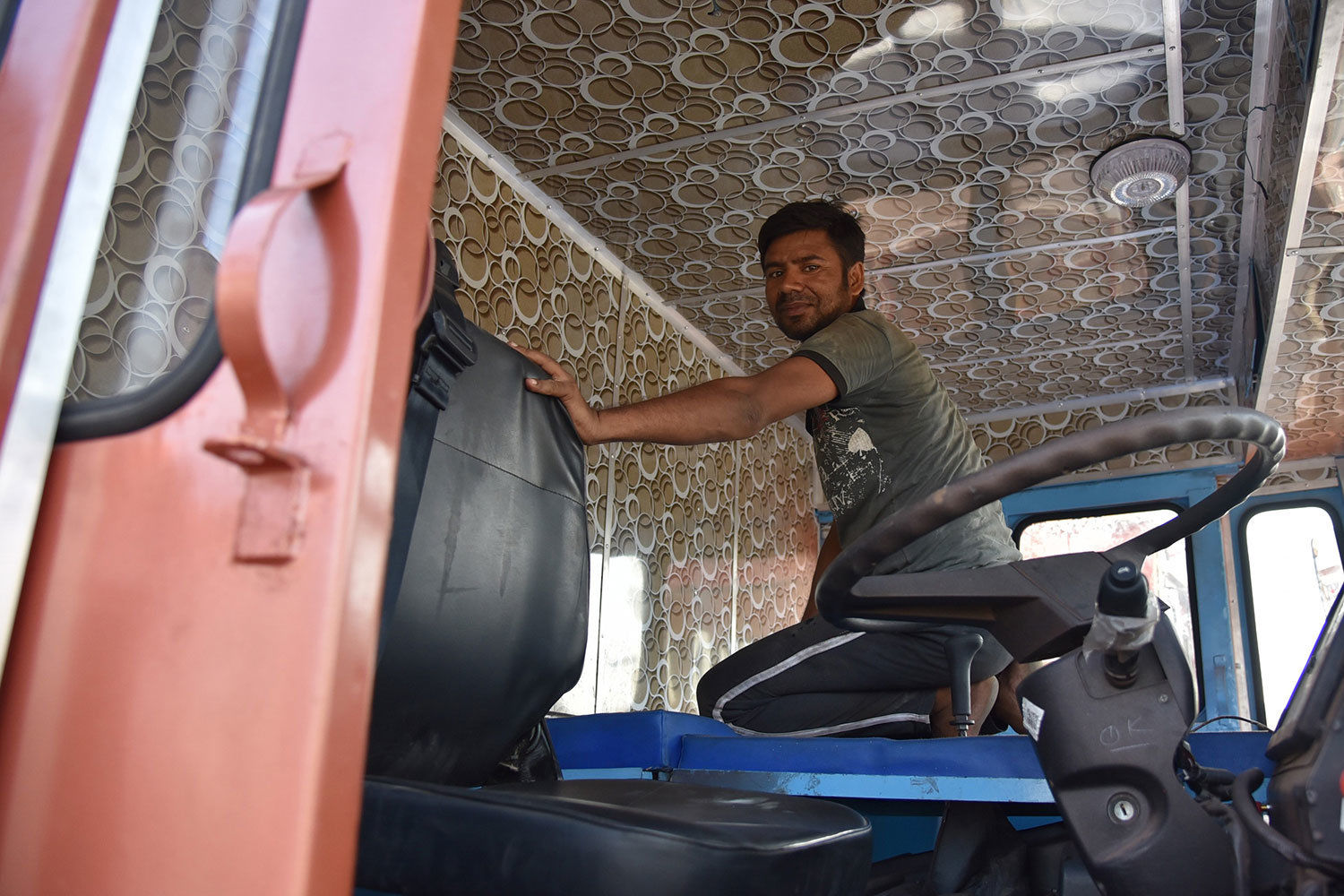
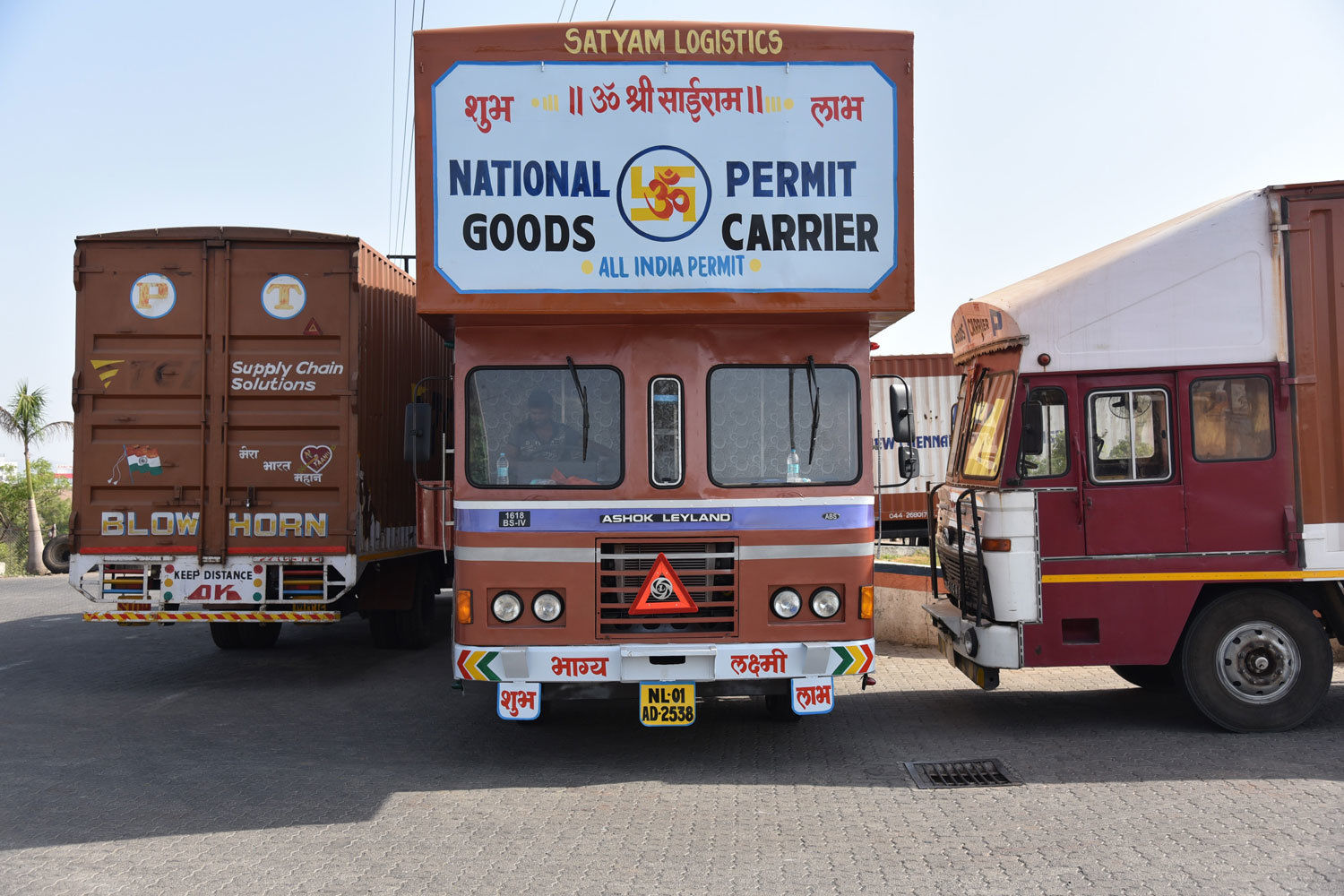
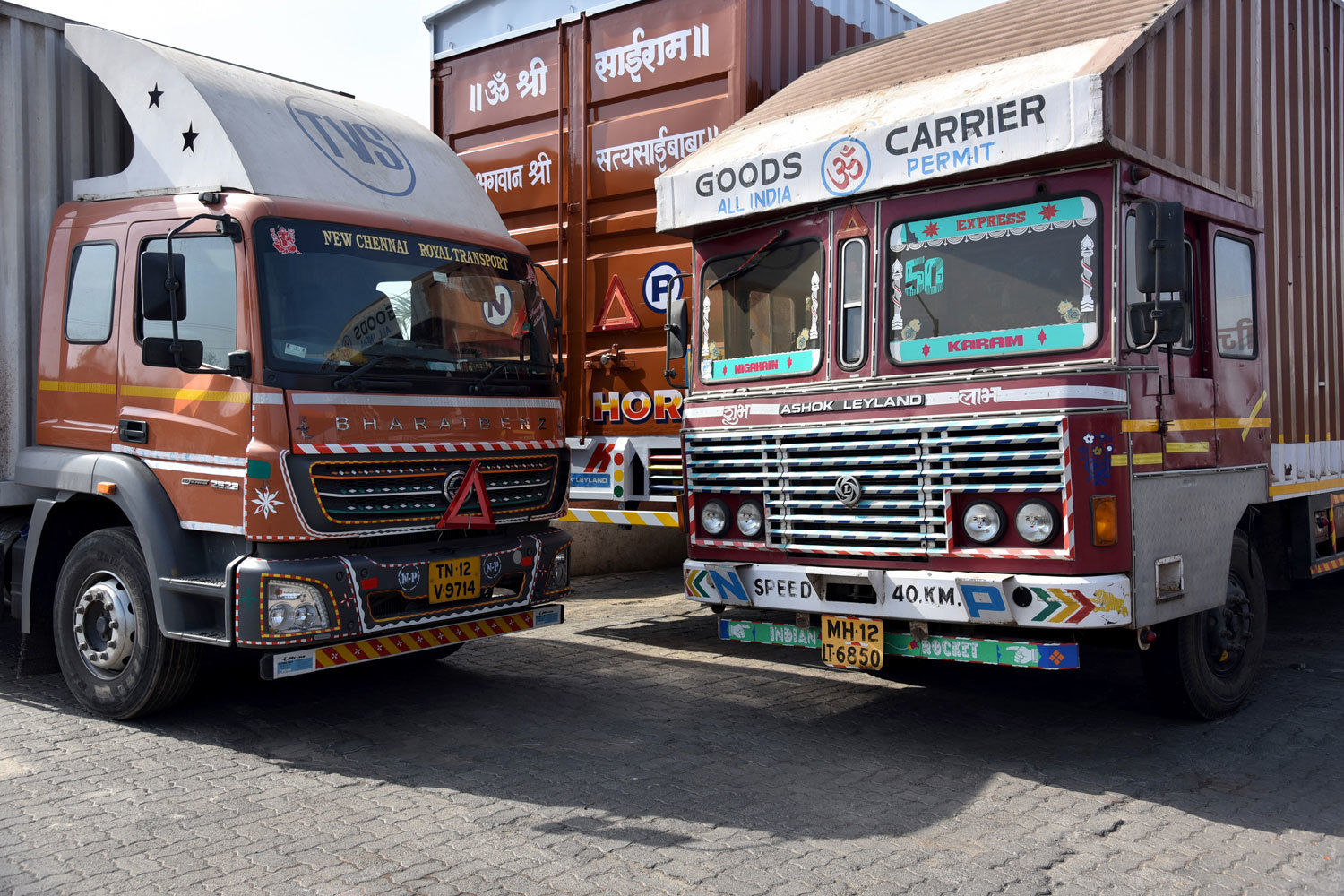
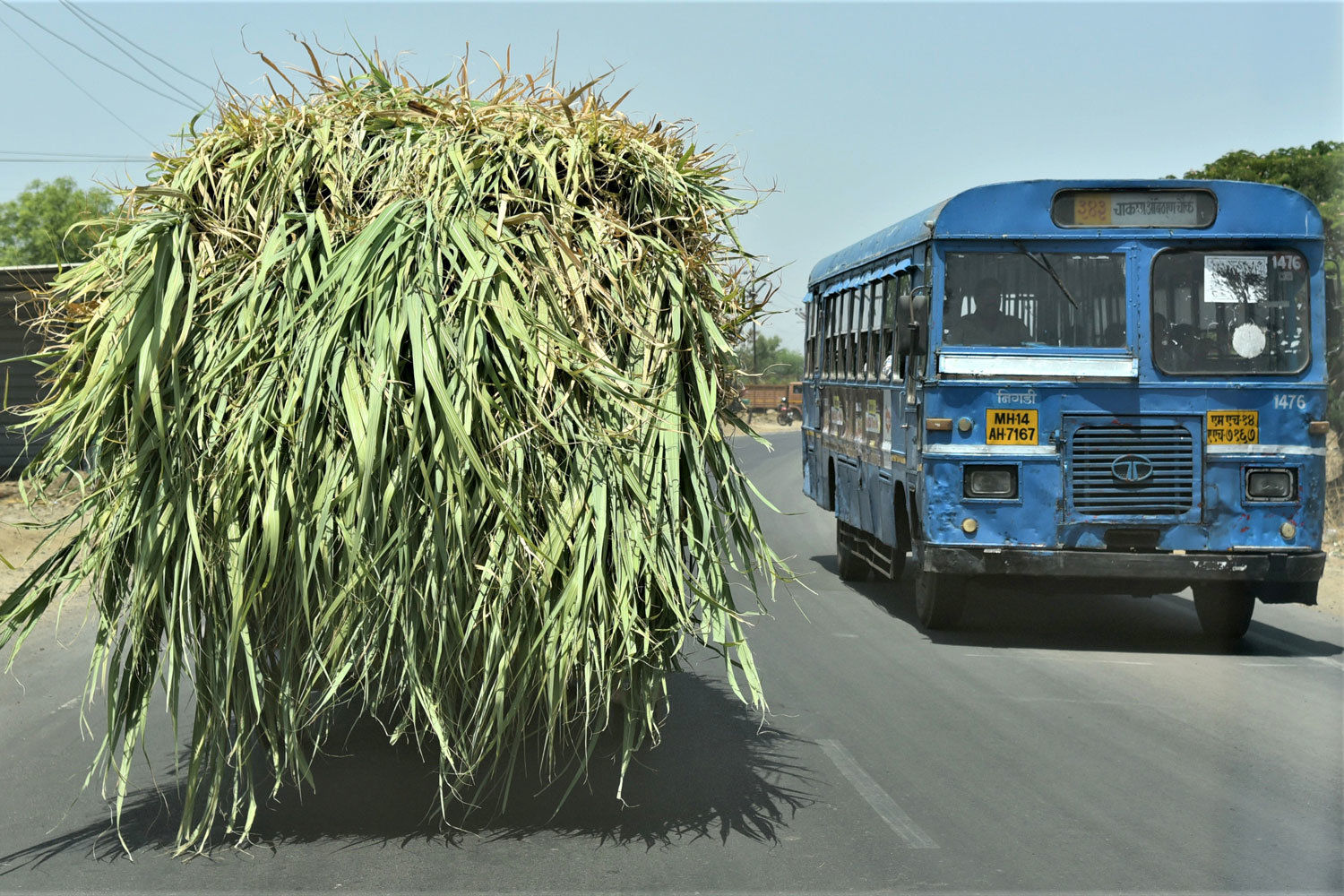
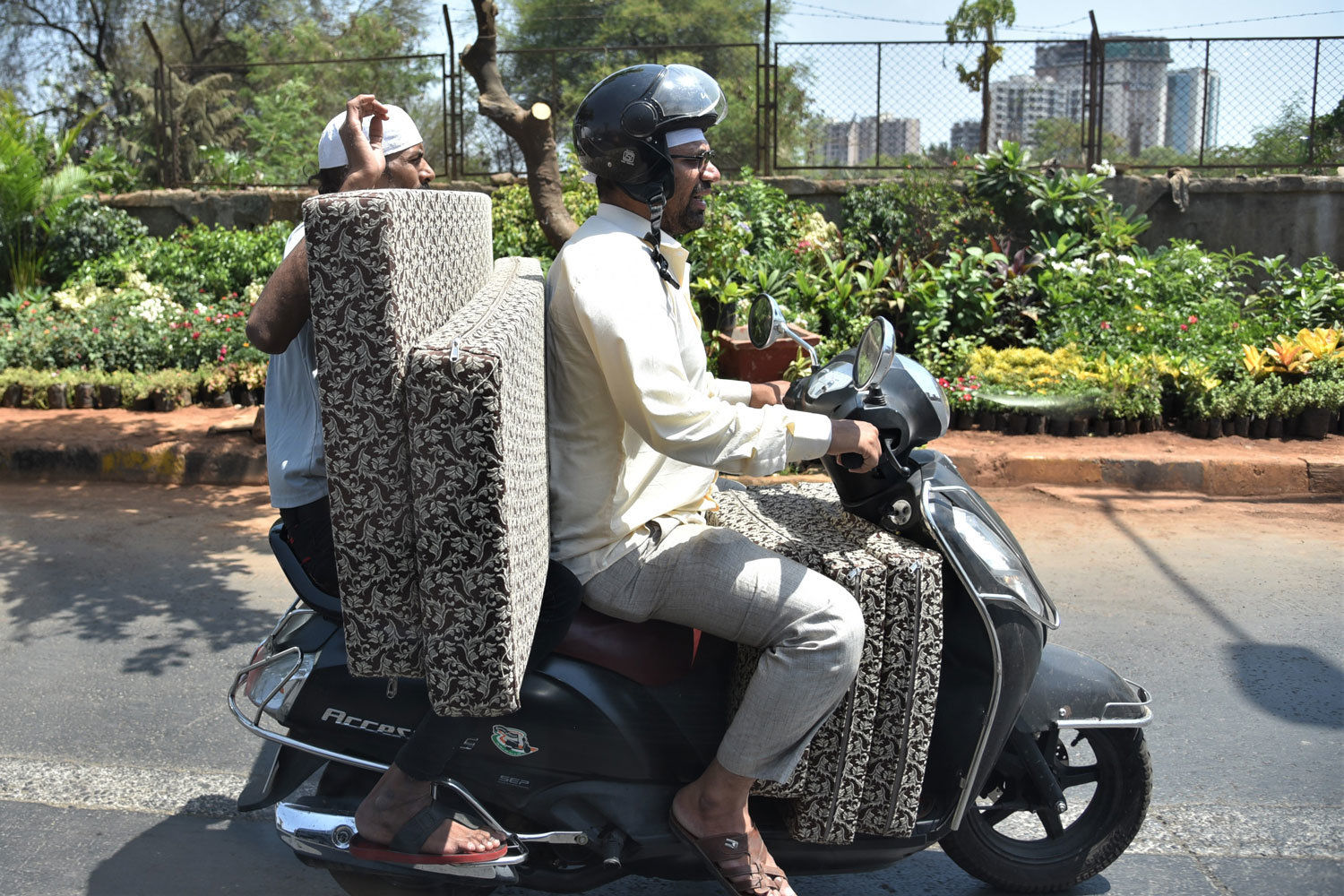
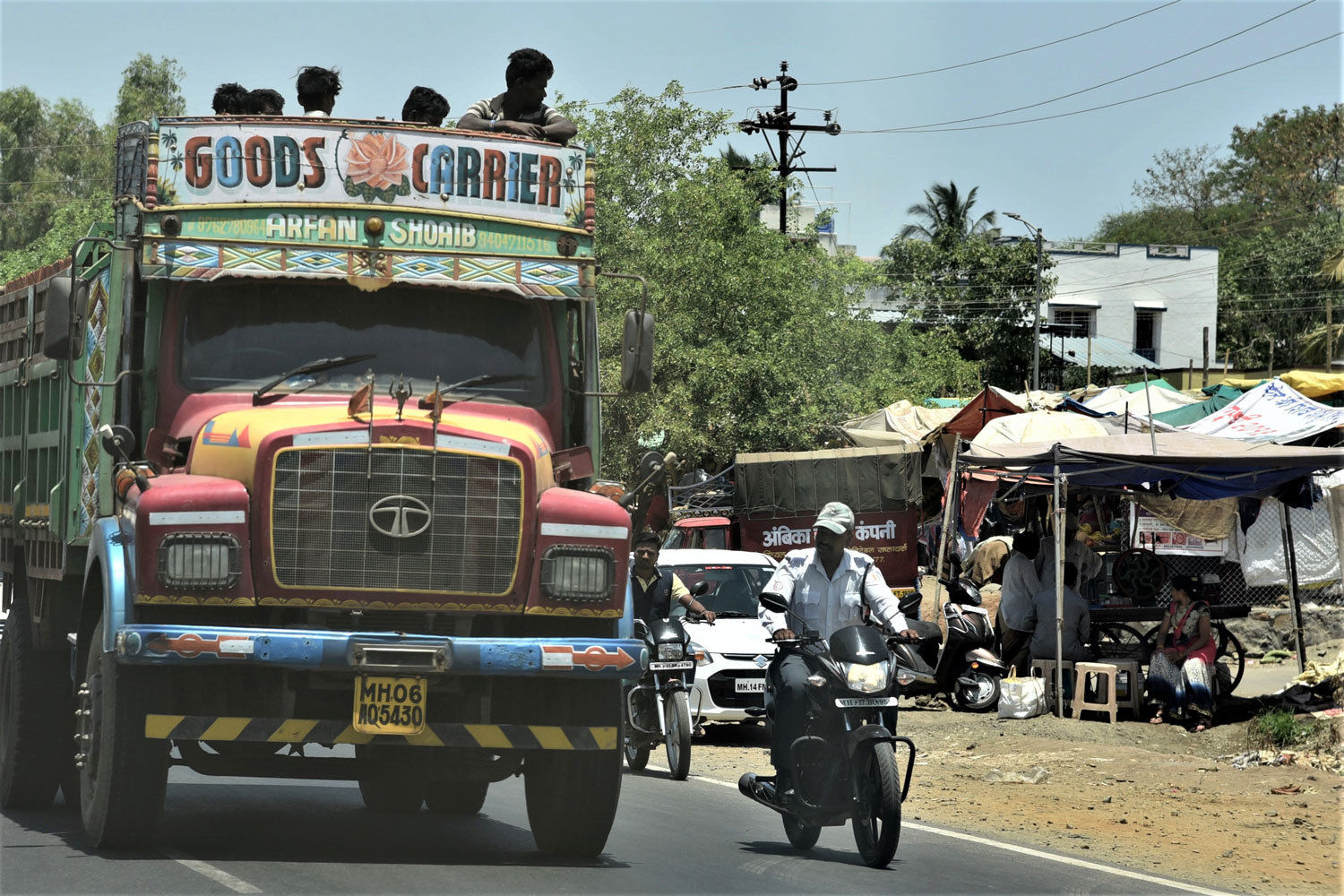
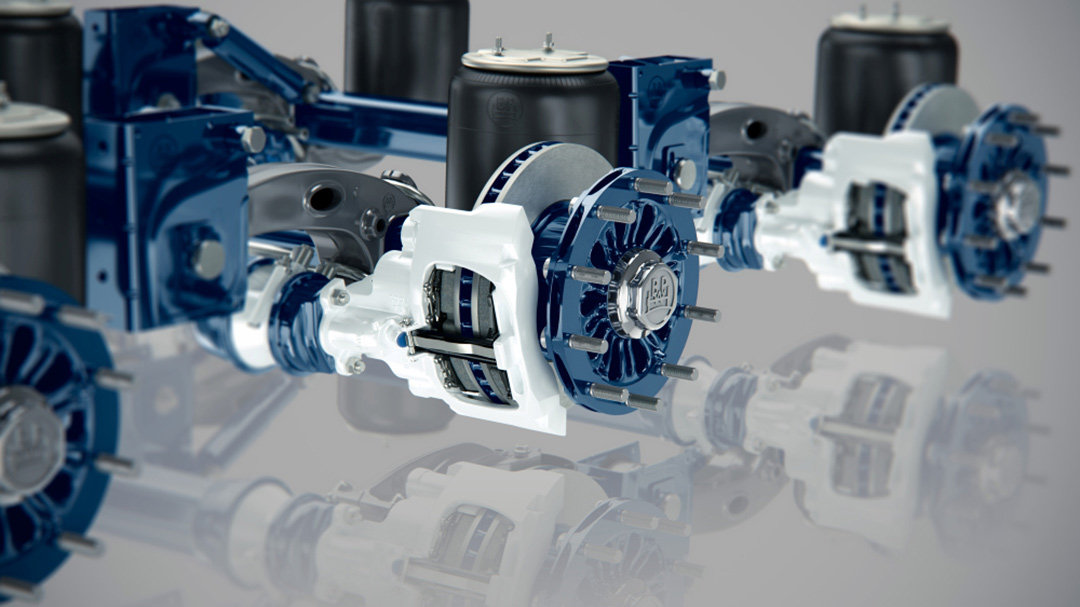
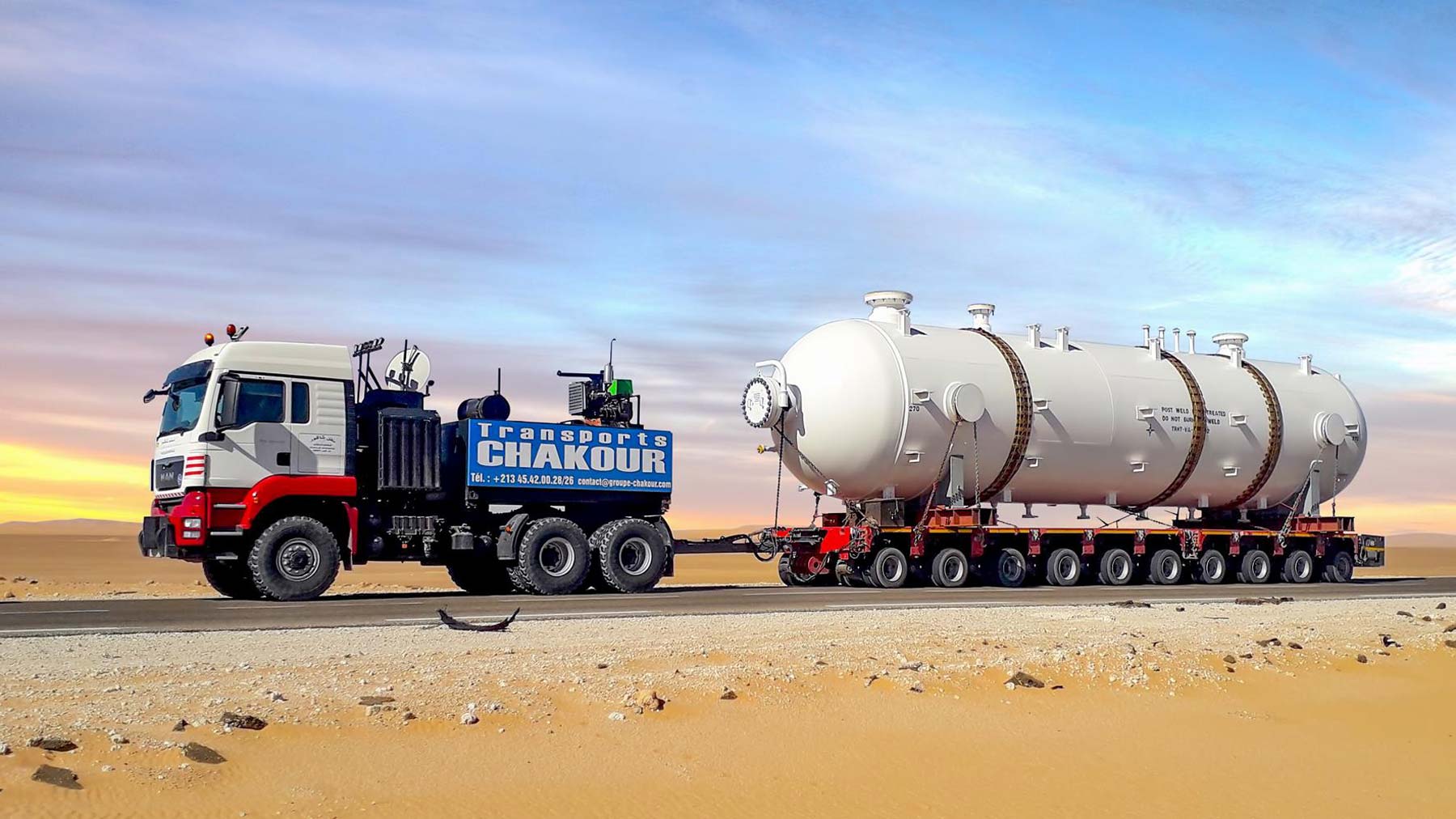
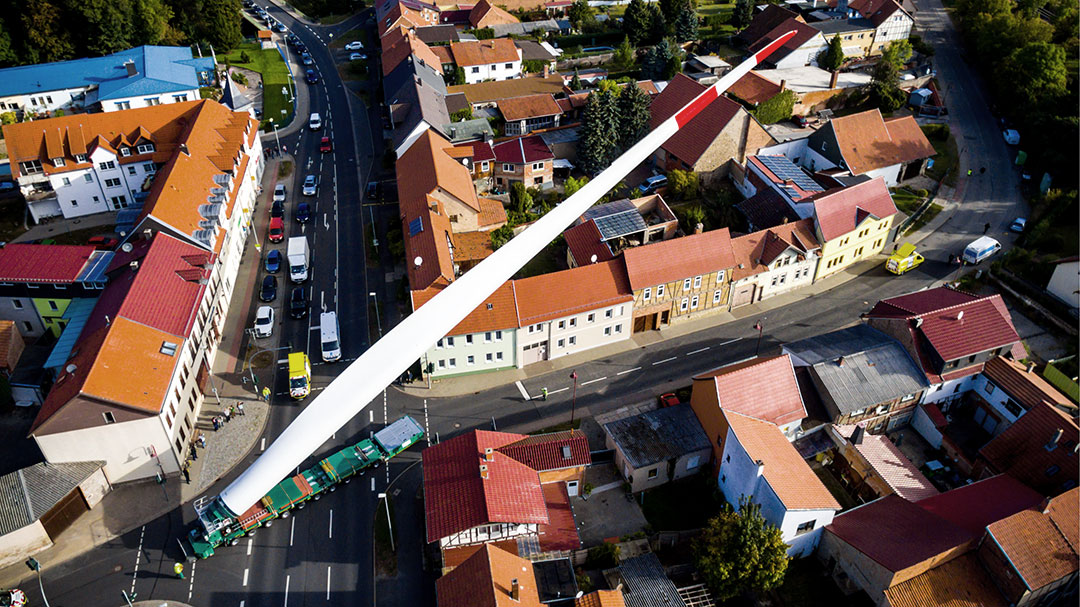



Beautifull pictures and a very well written article. A pleasure to read (again)!
Thank you so much!
Sehr interessant- die Bilder sind fantastisch!
Vielen Dank, das freut uns sehr!